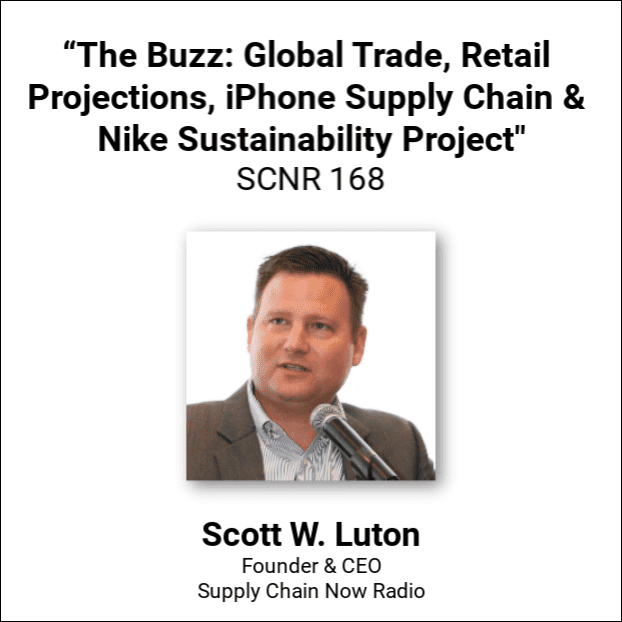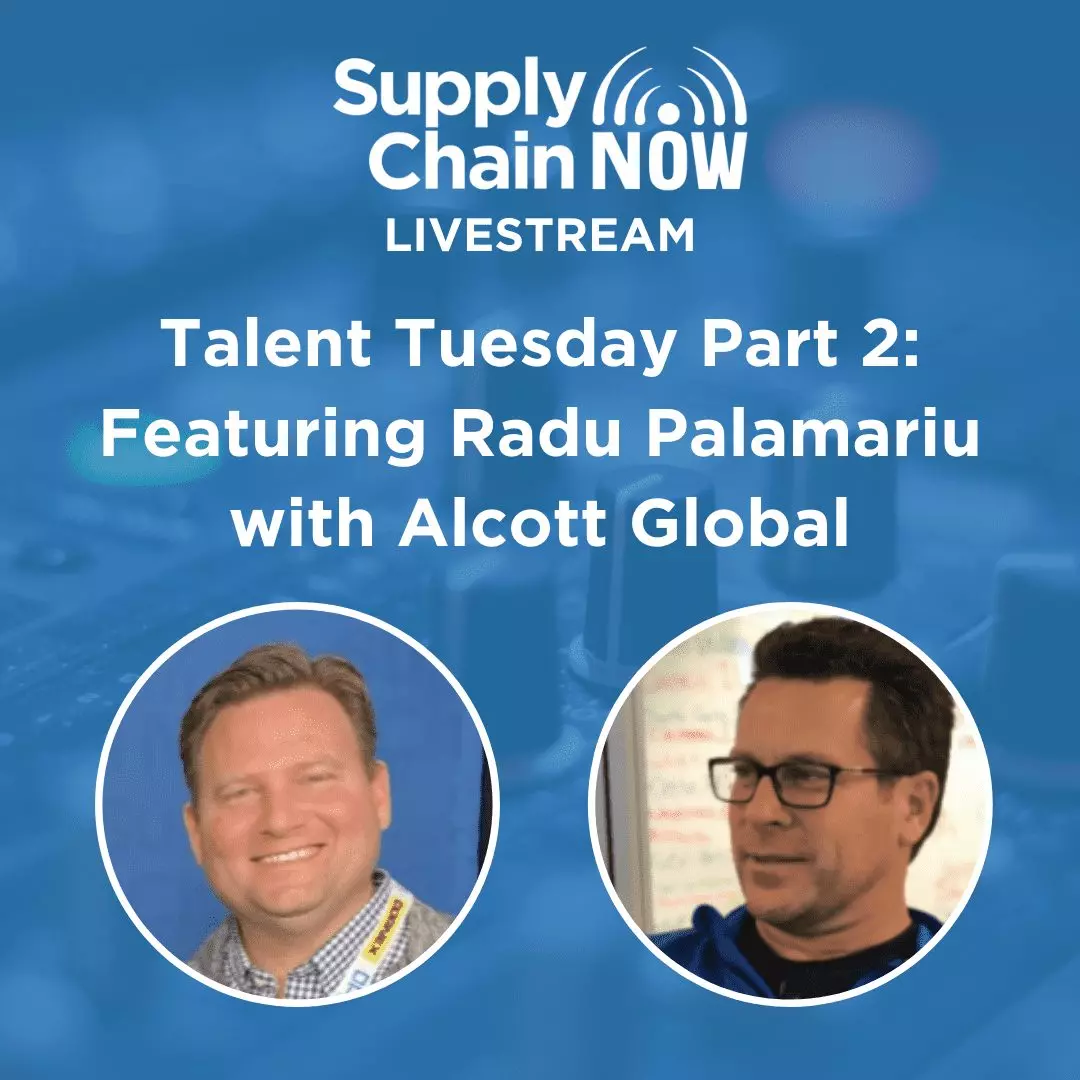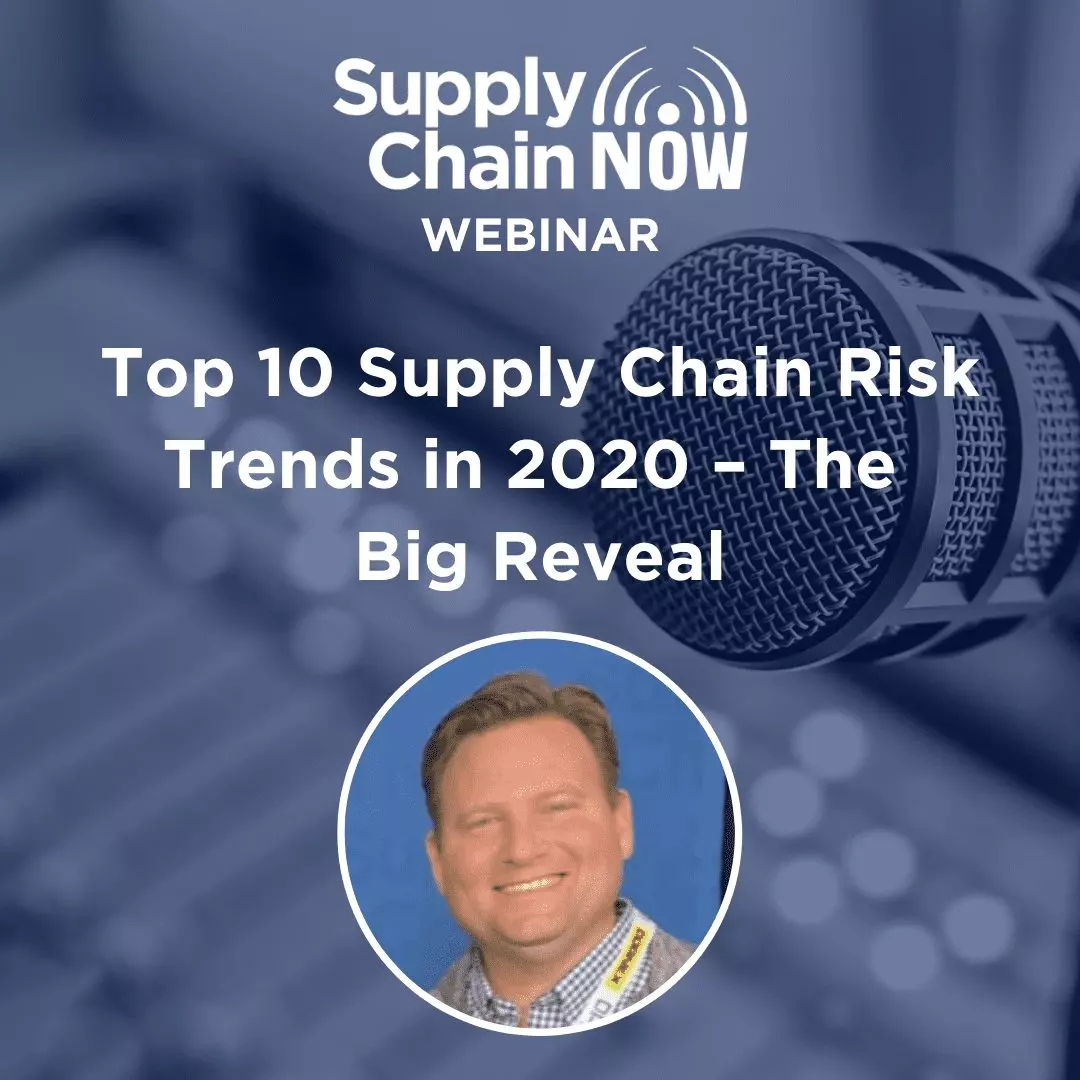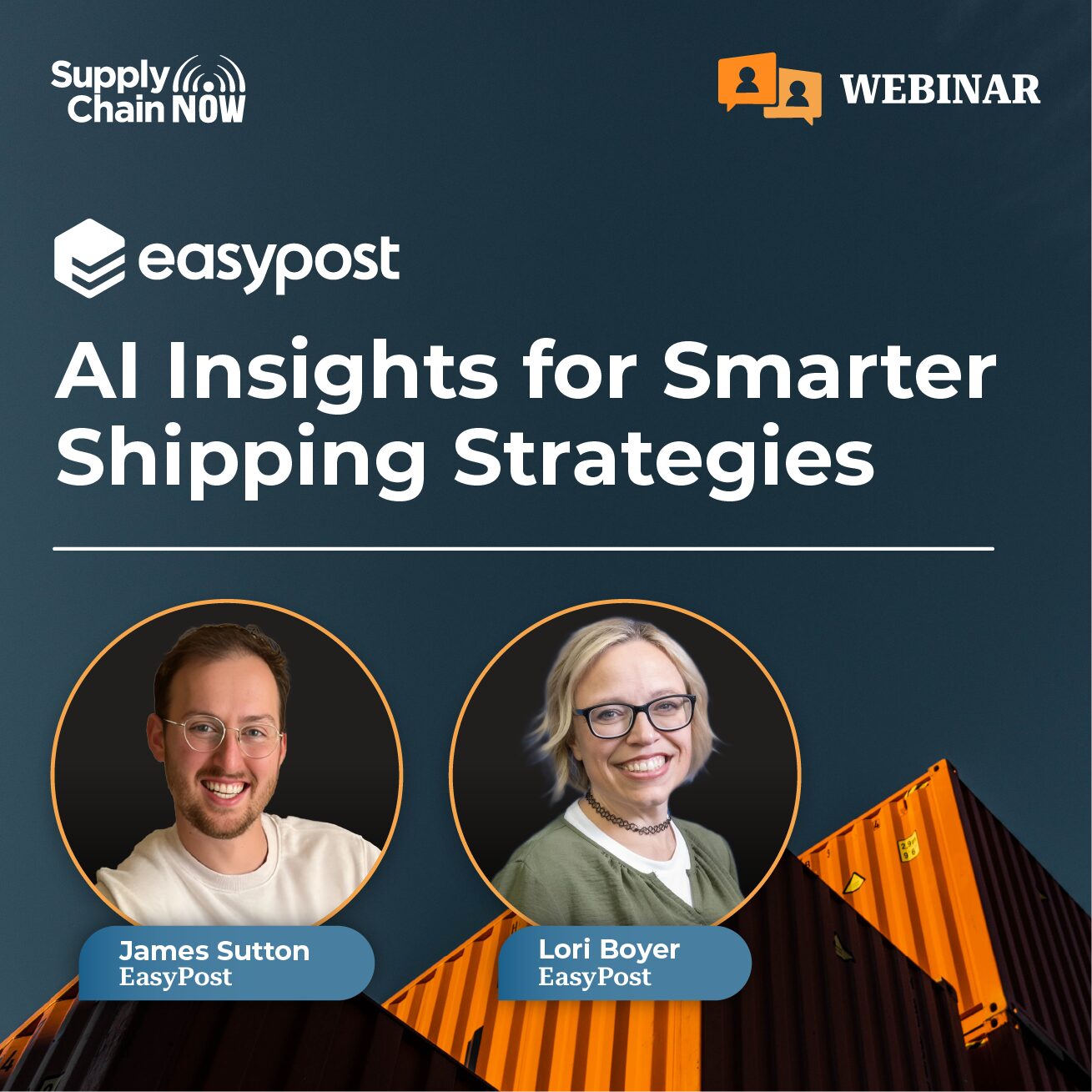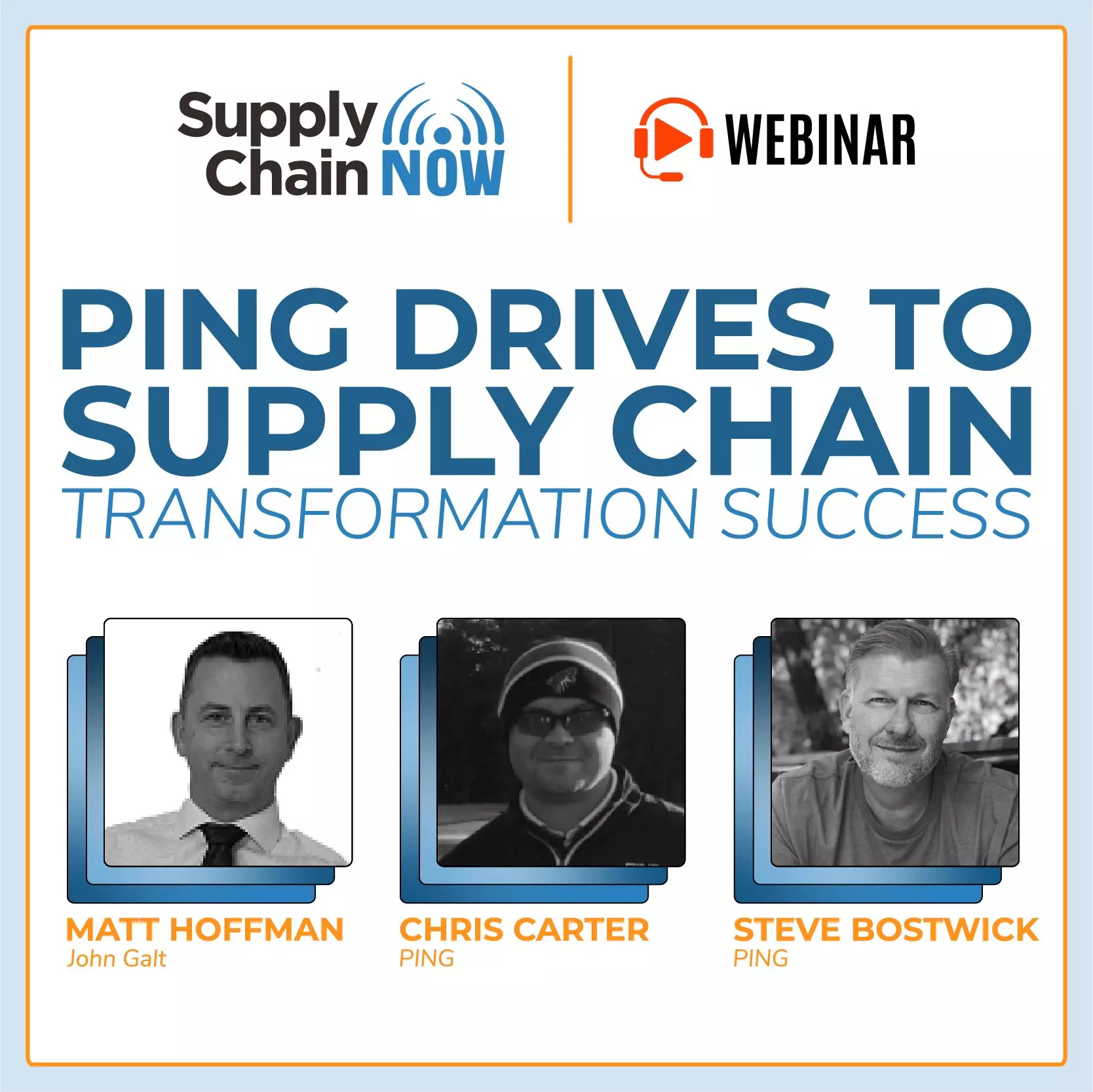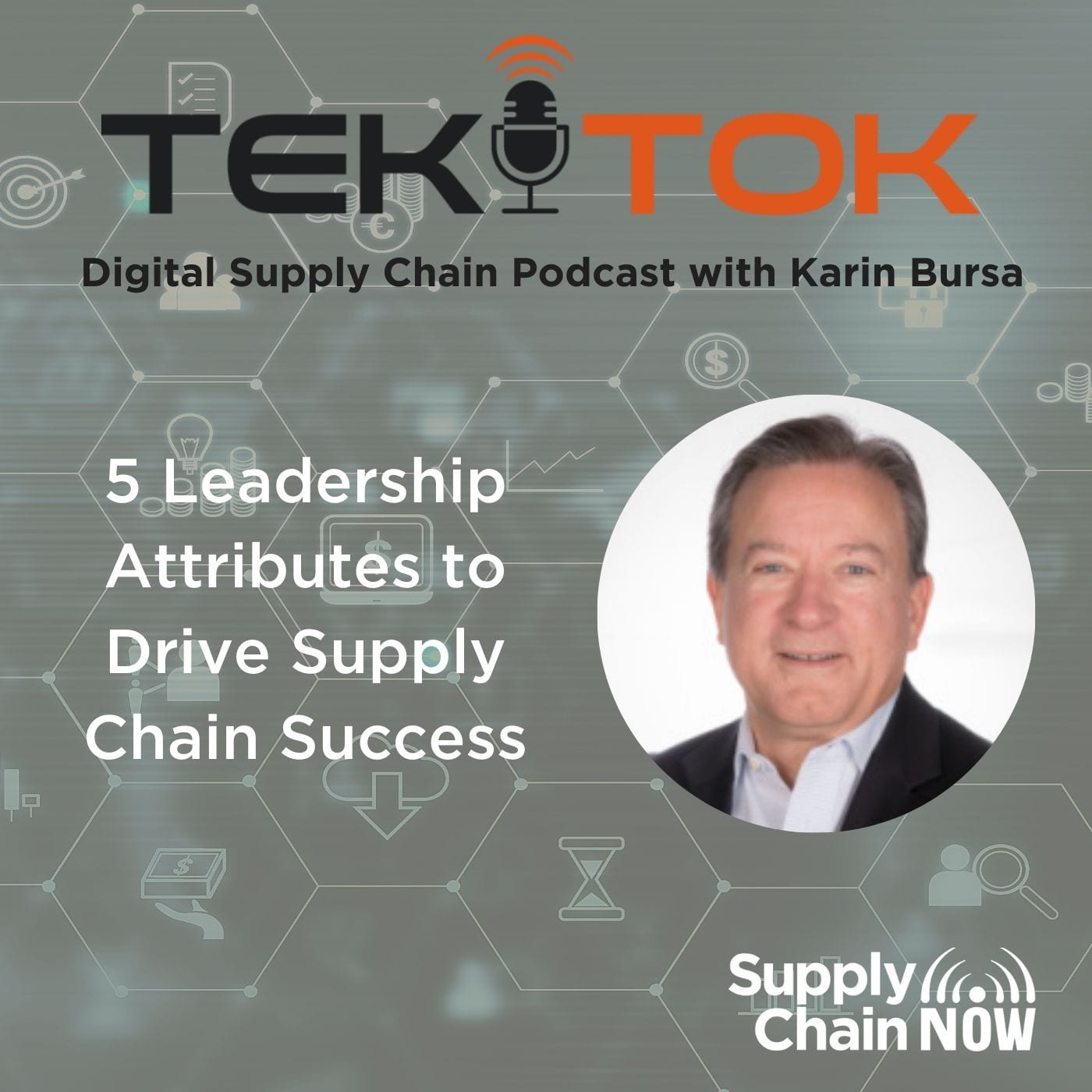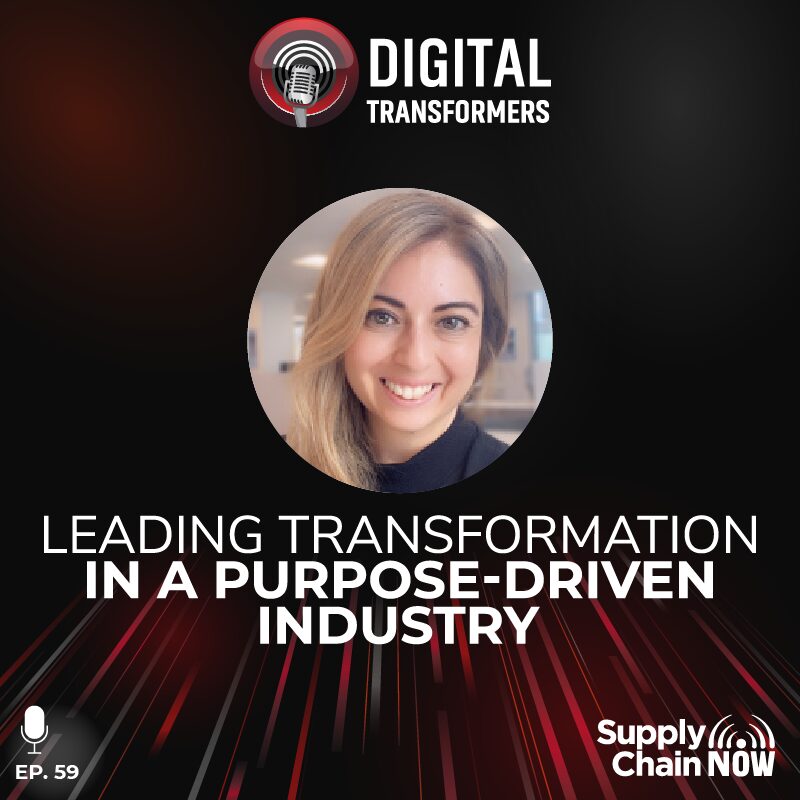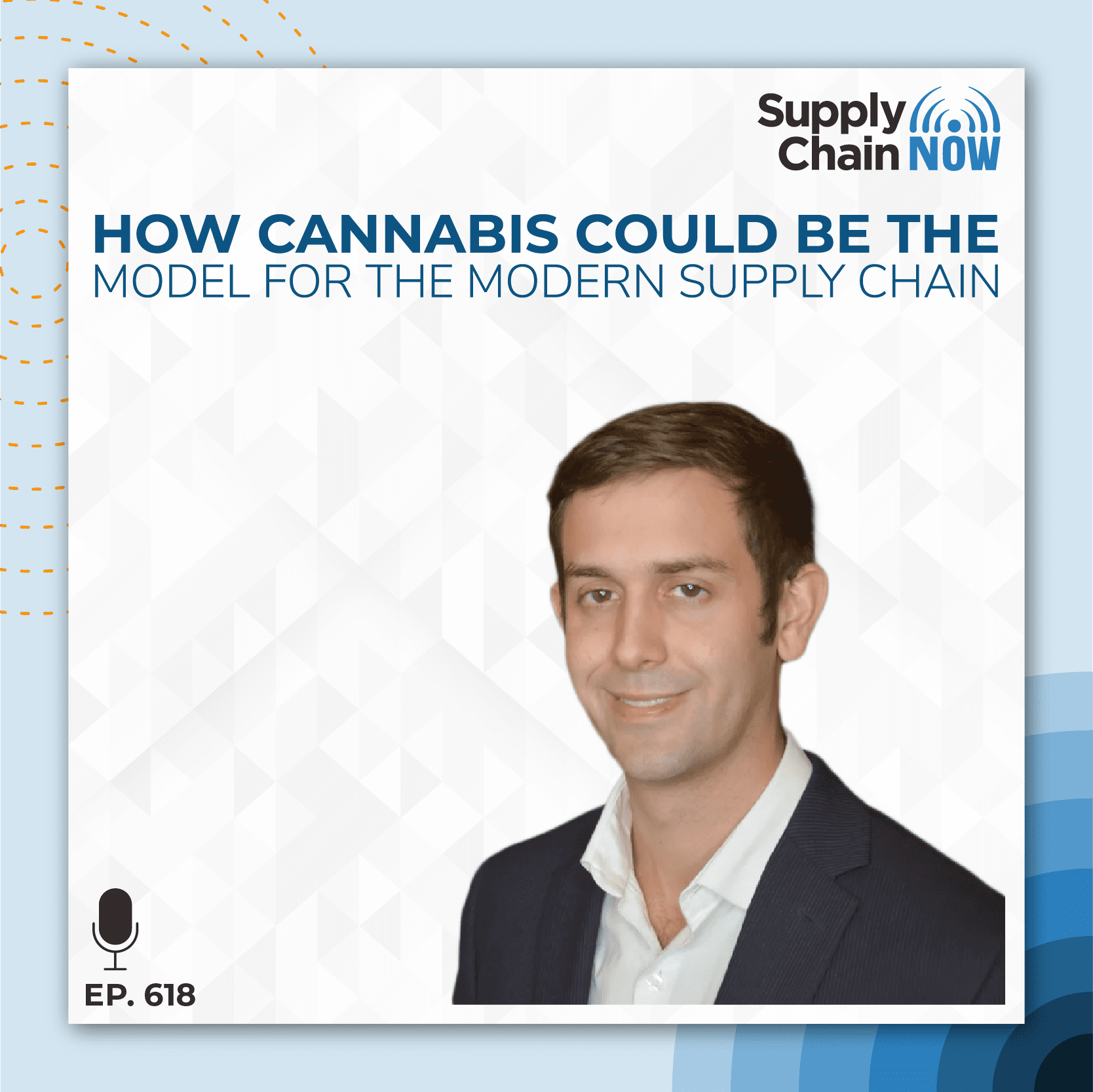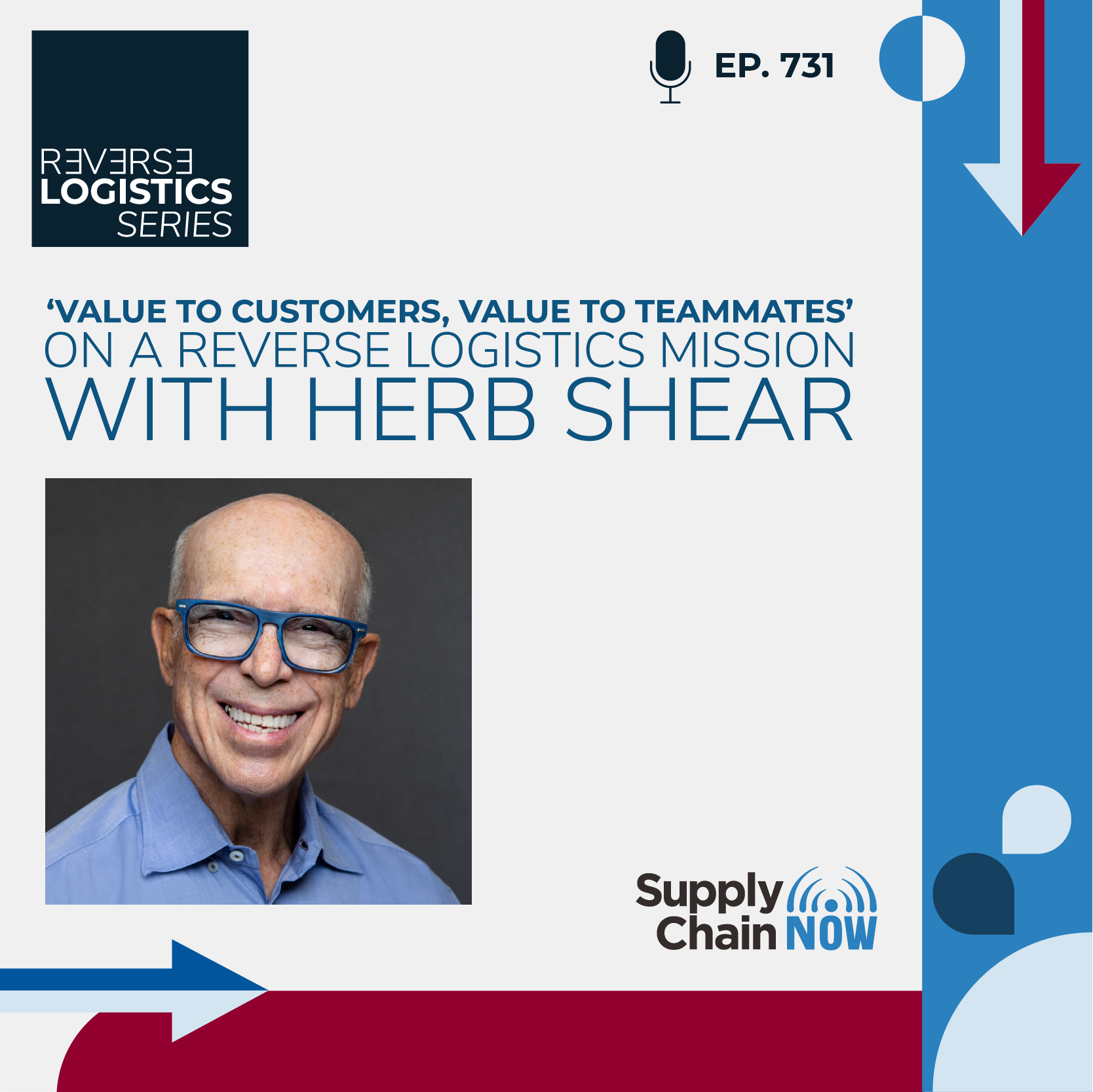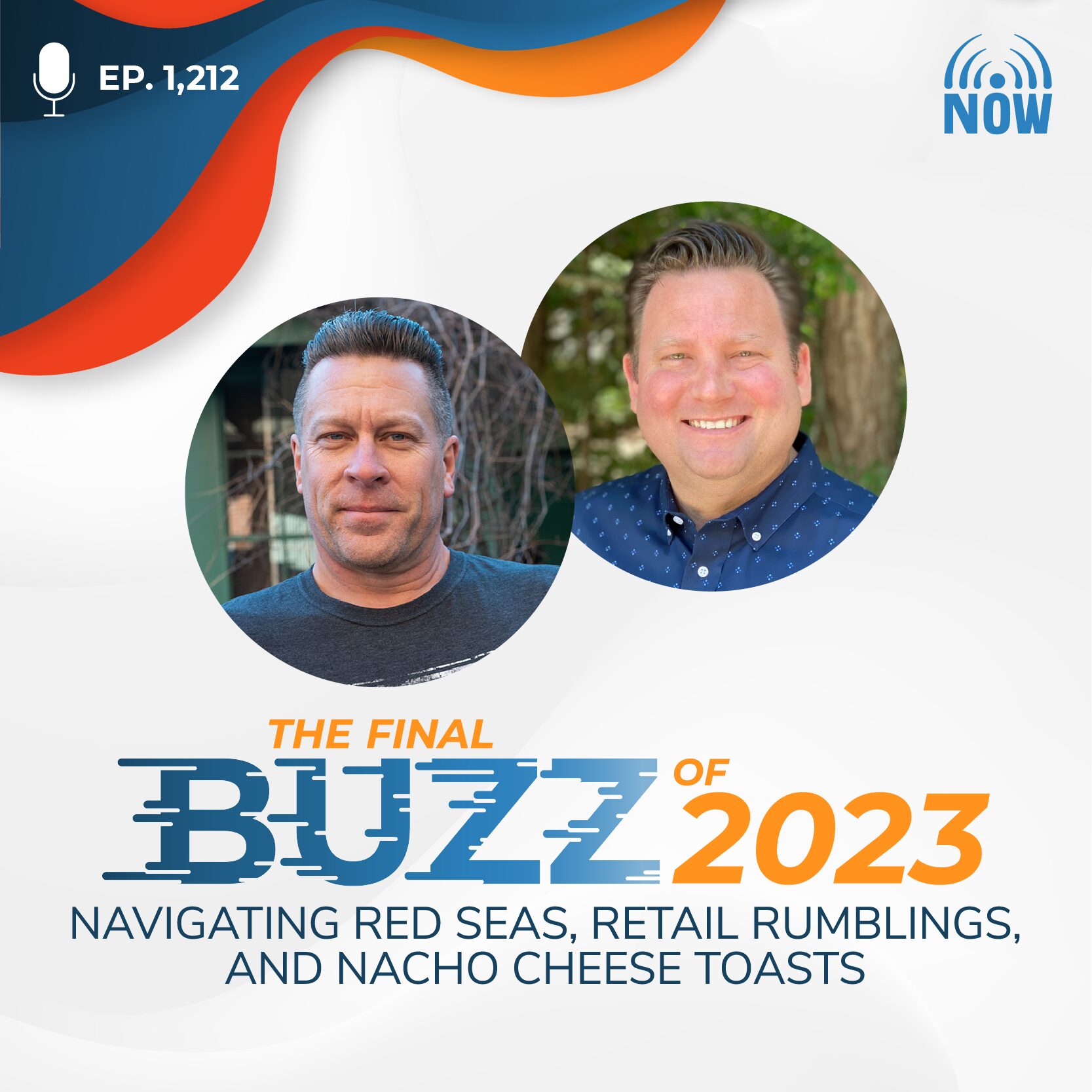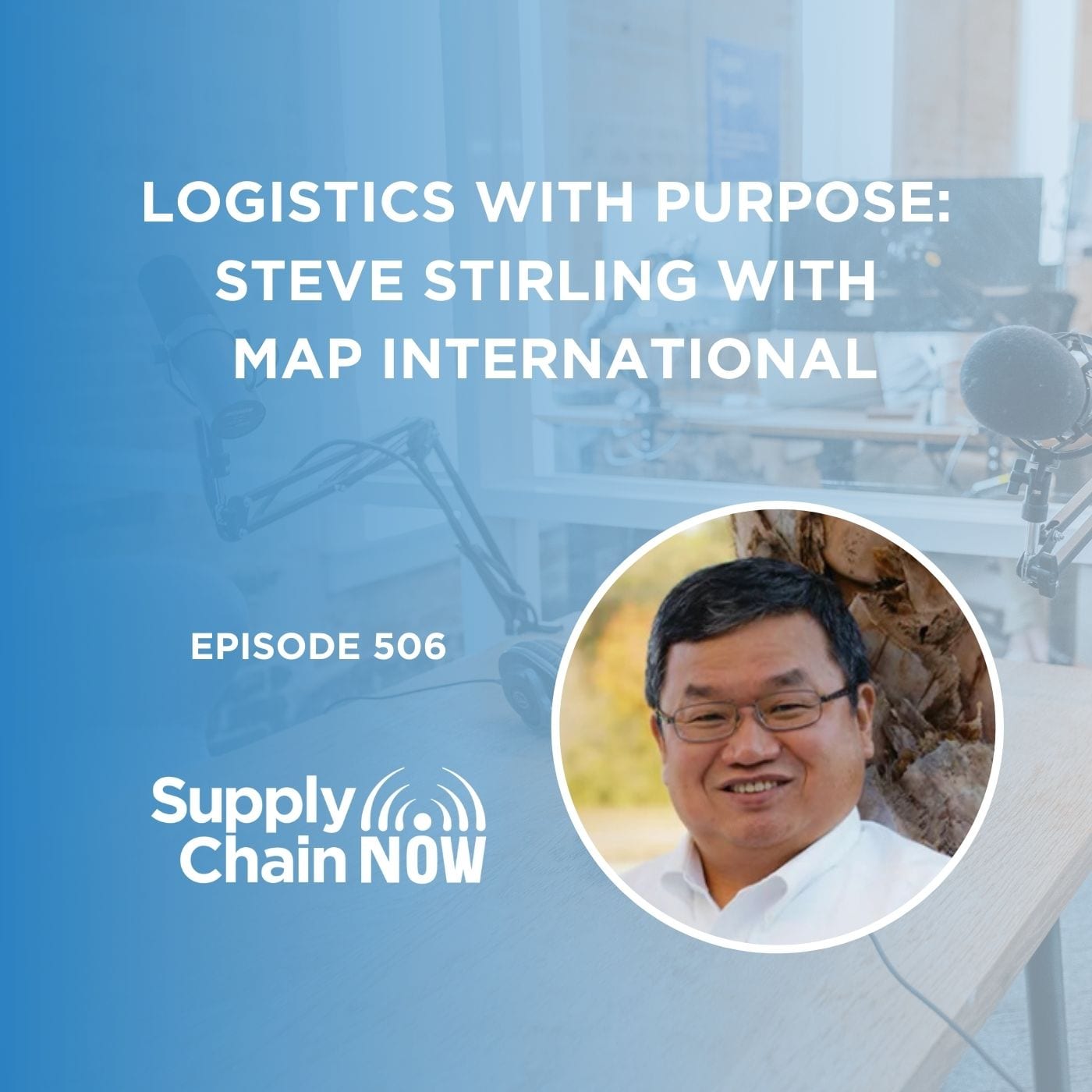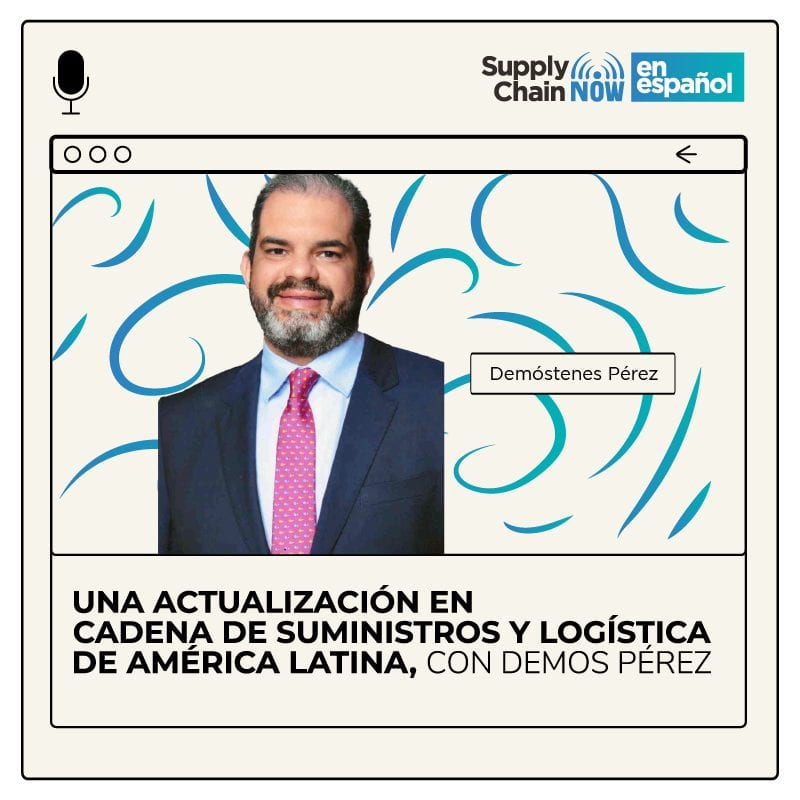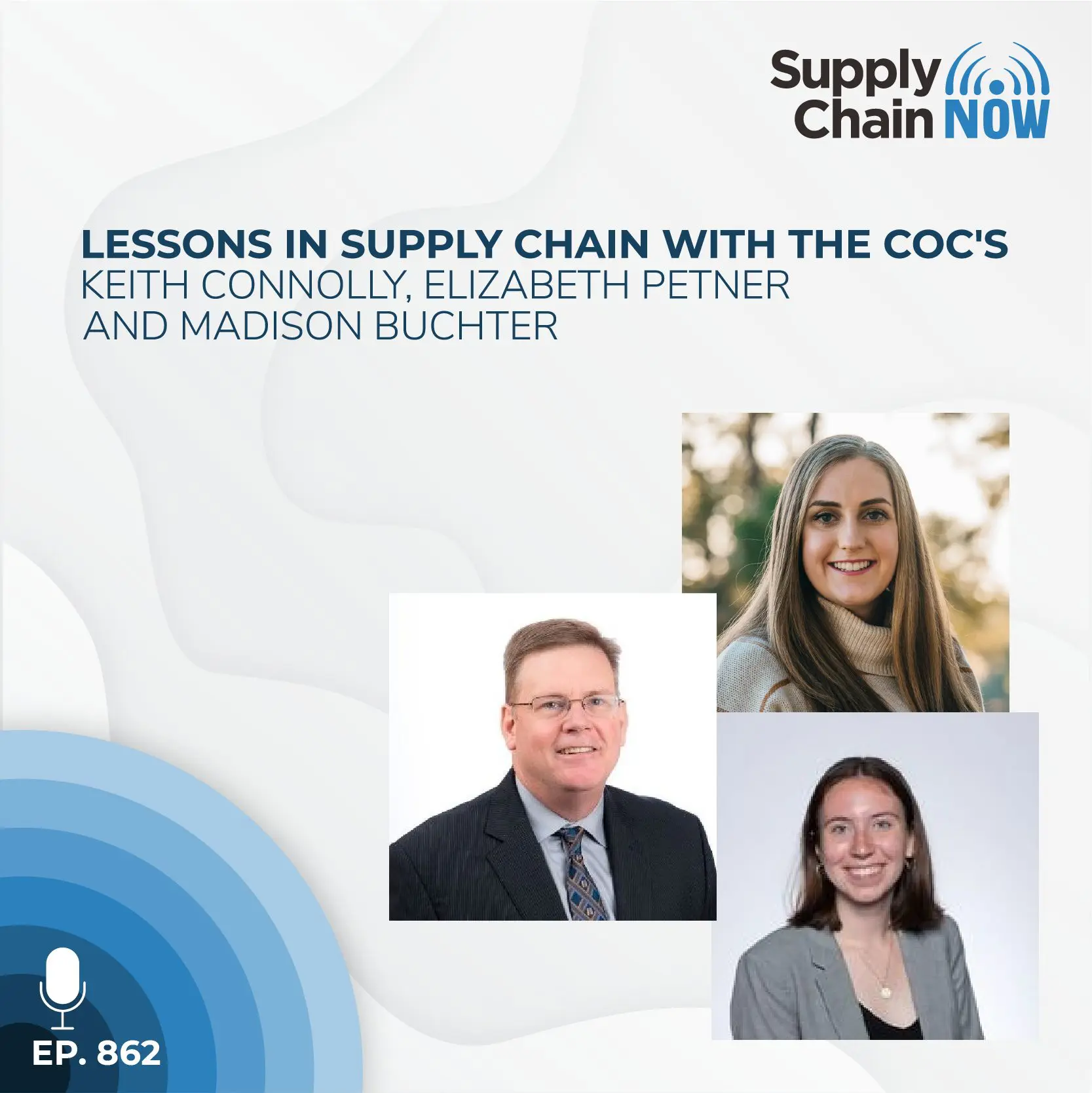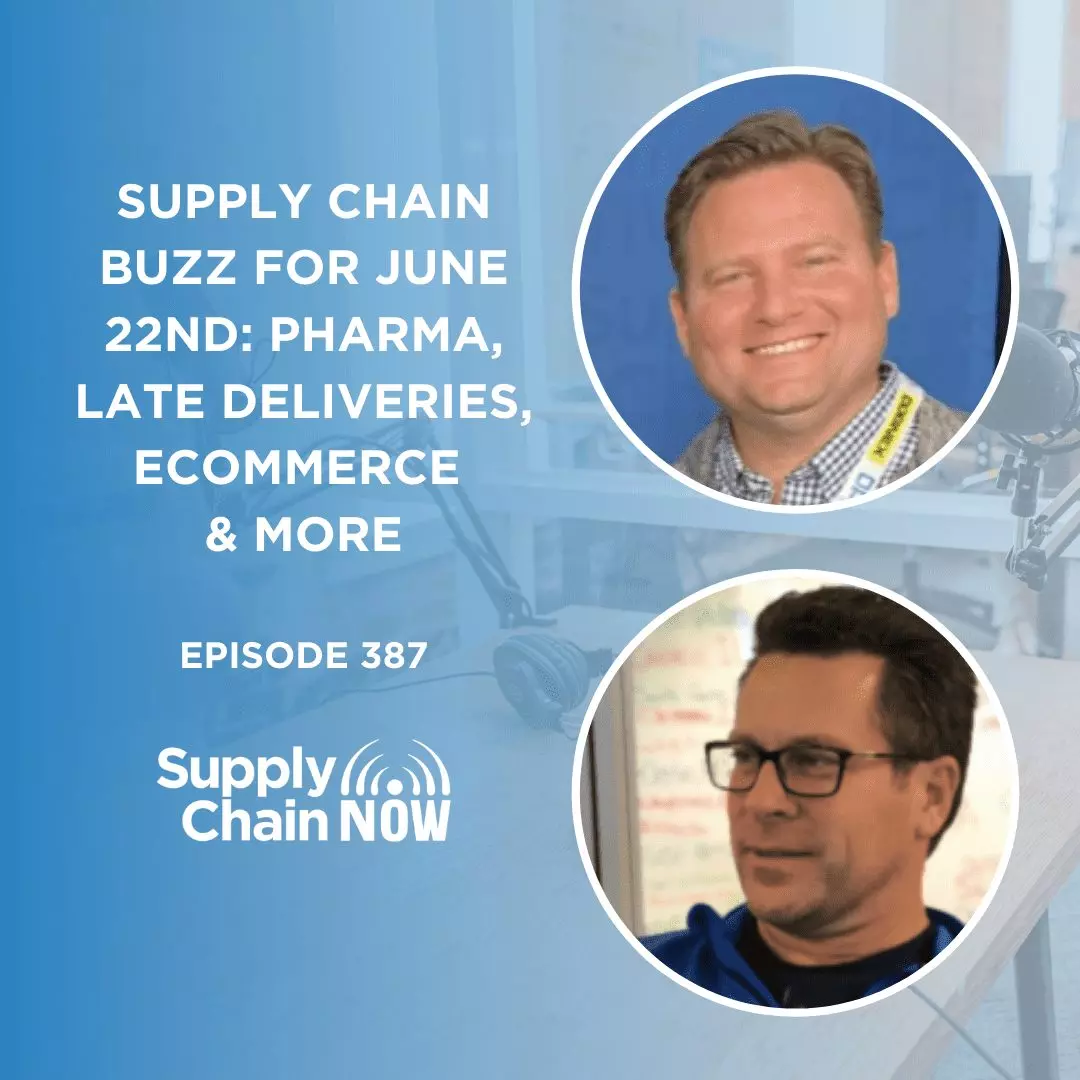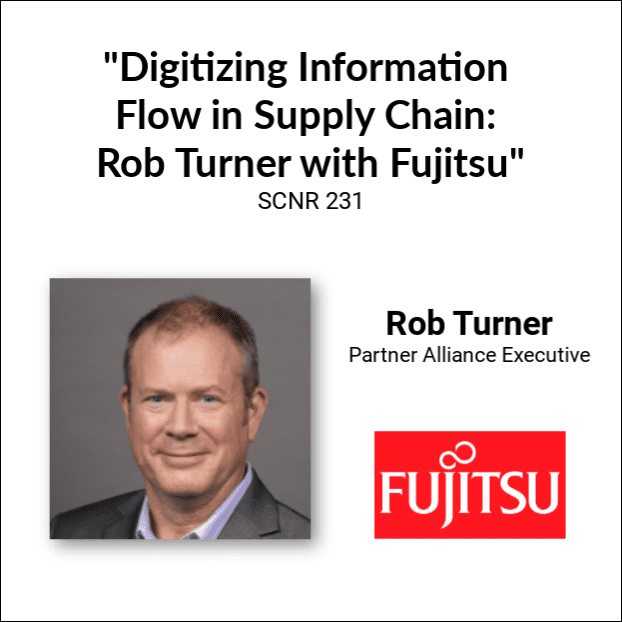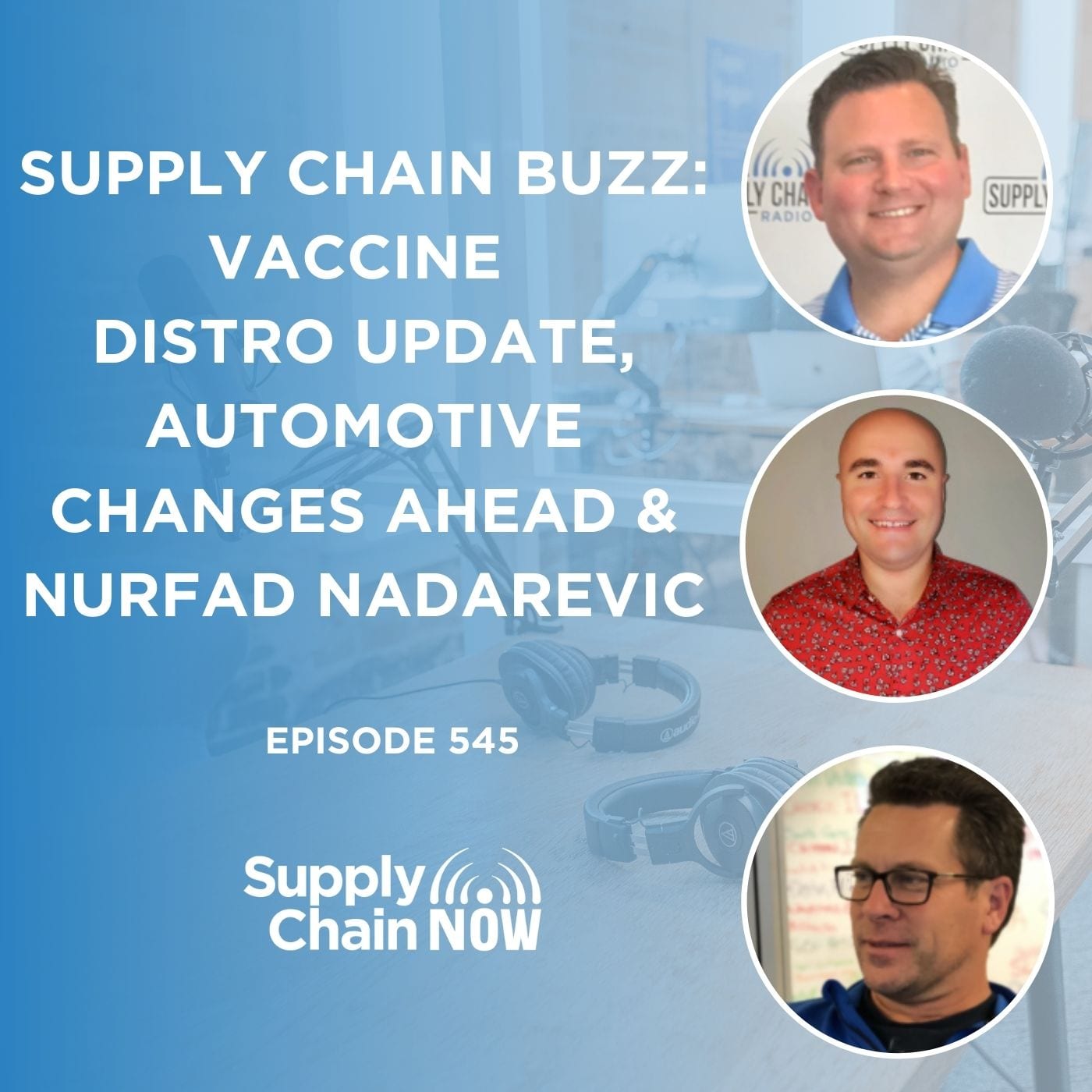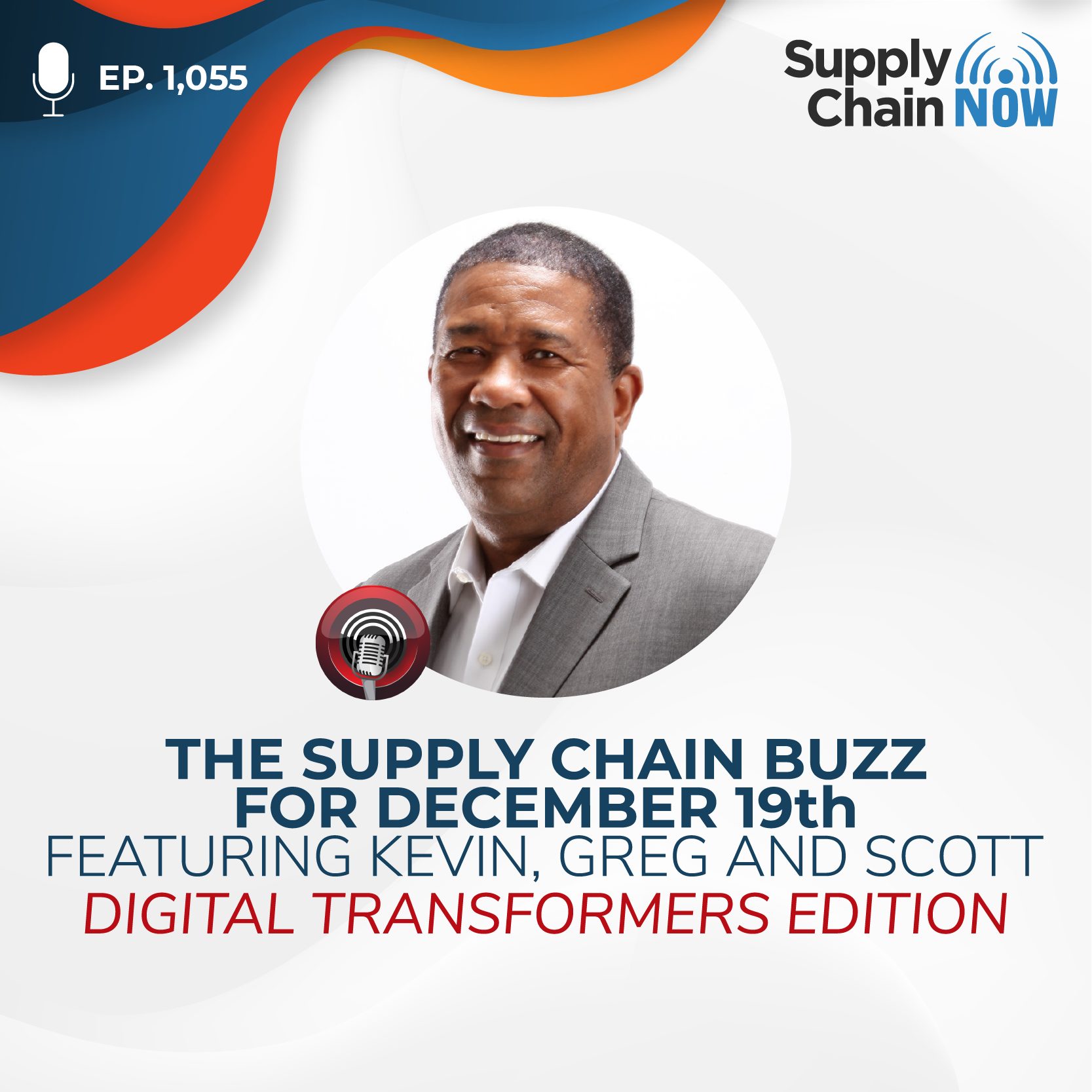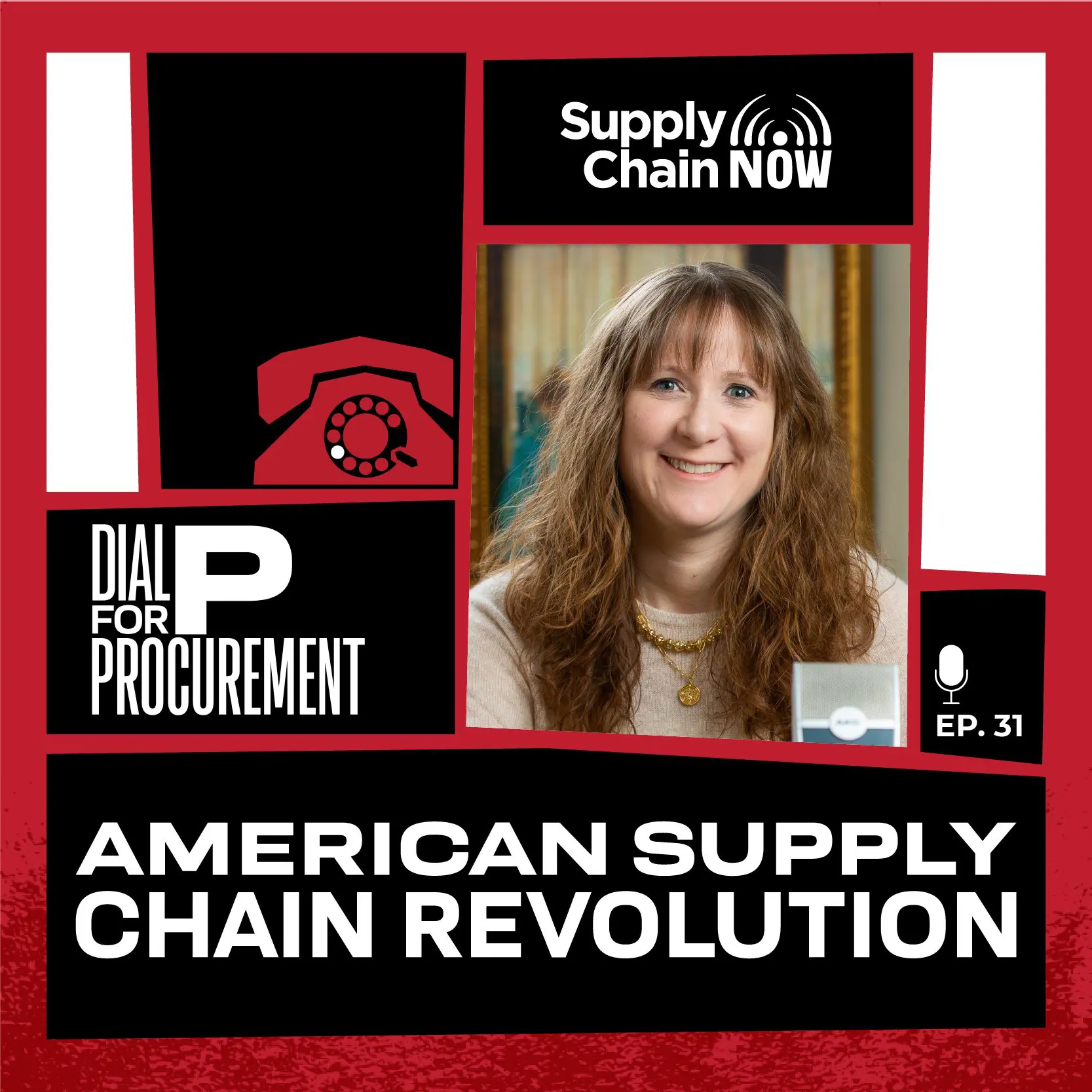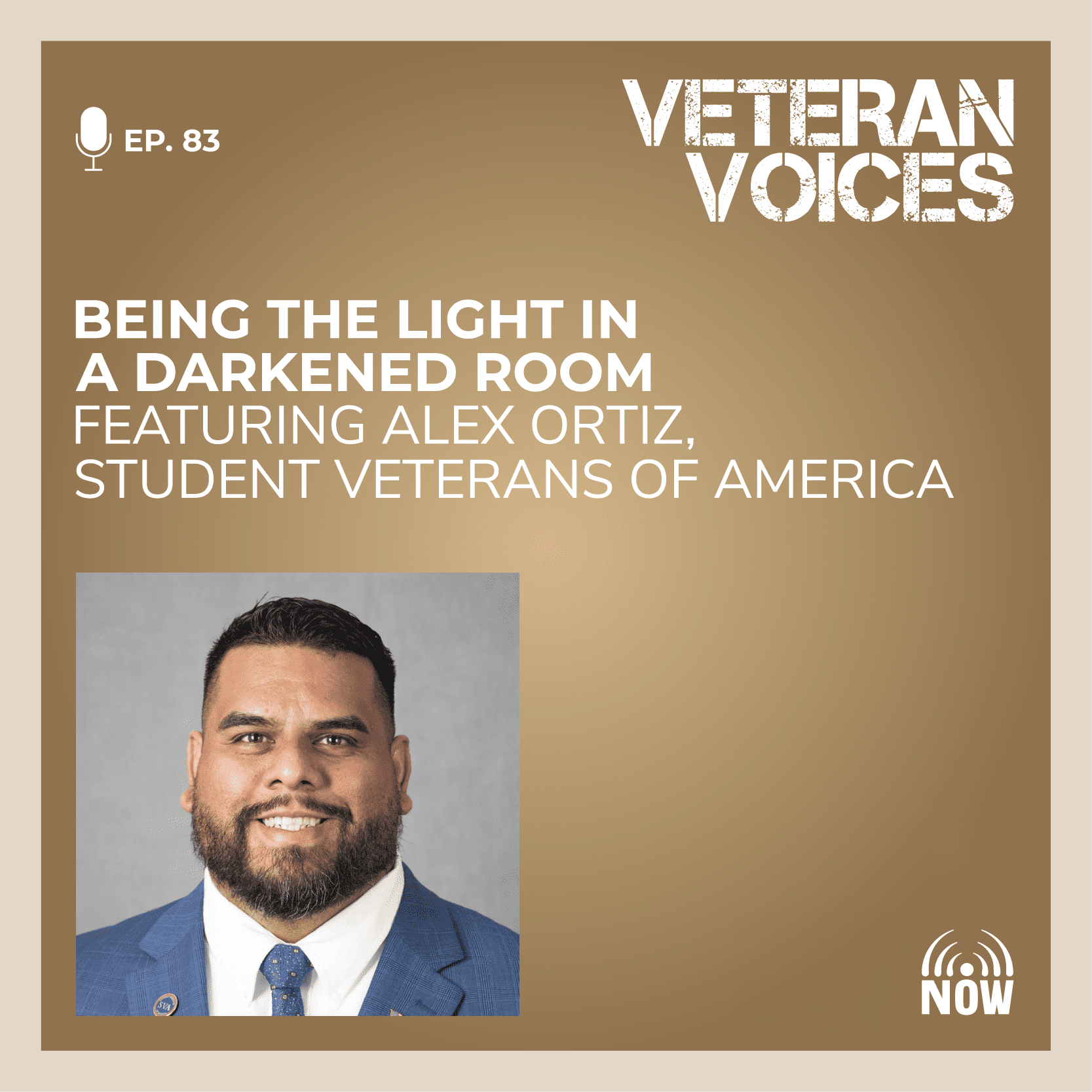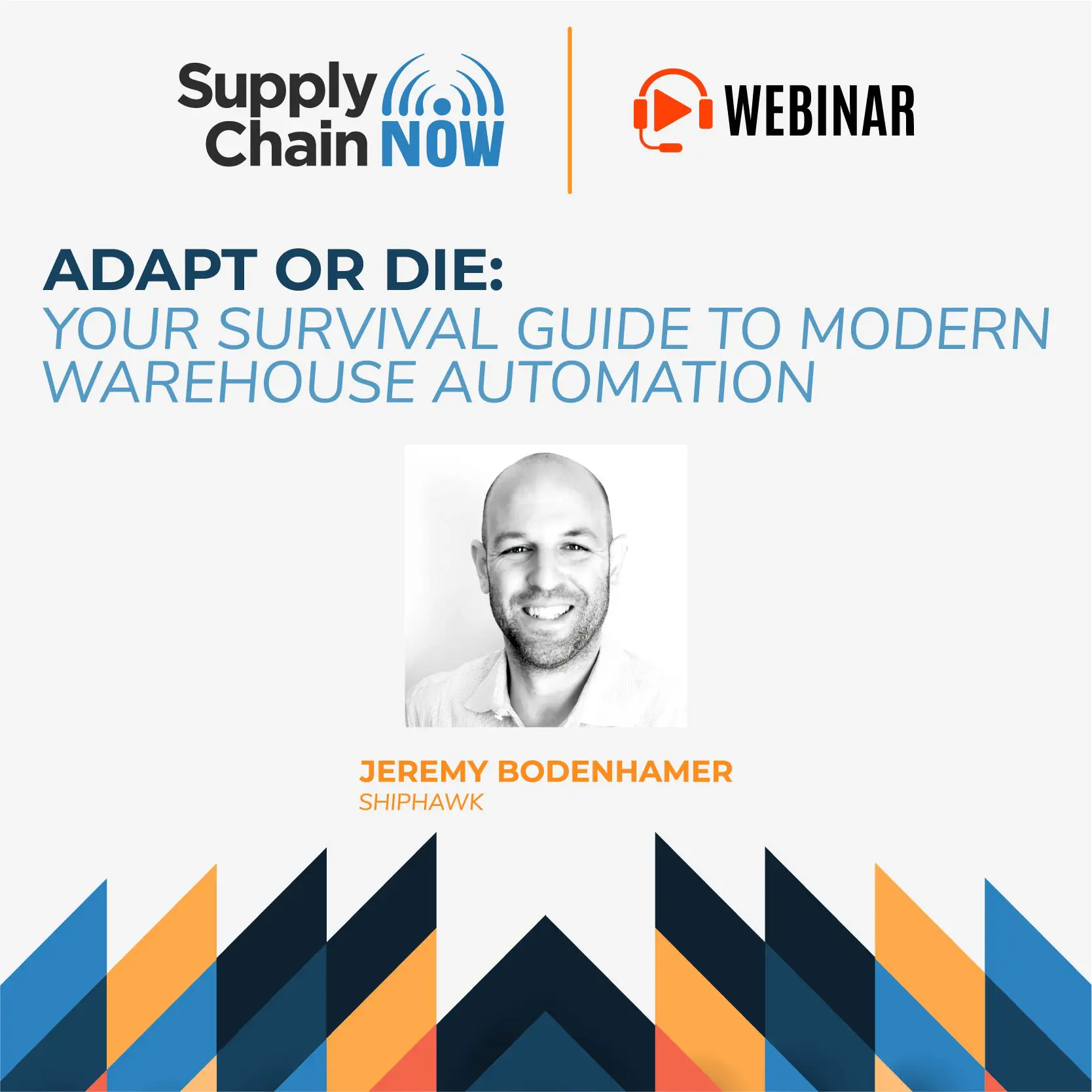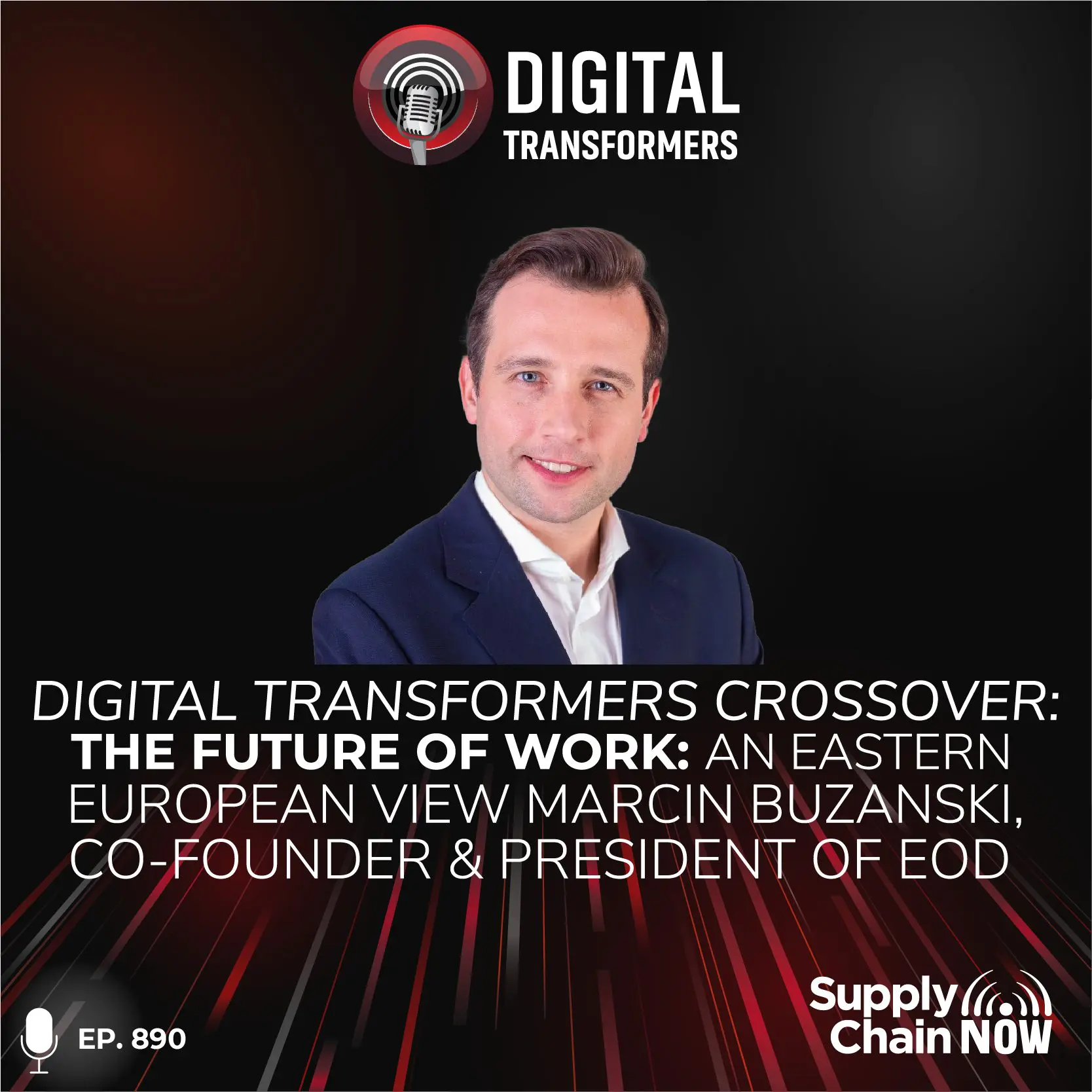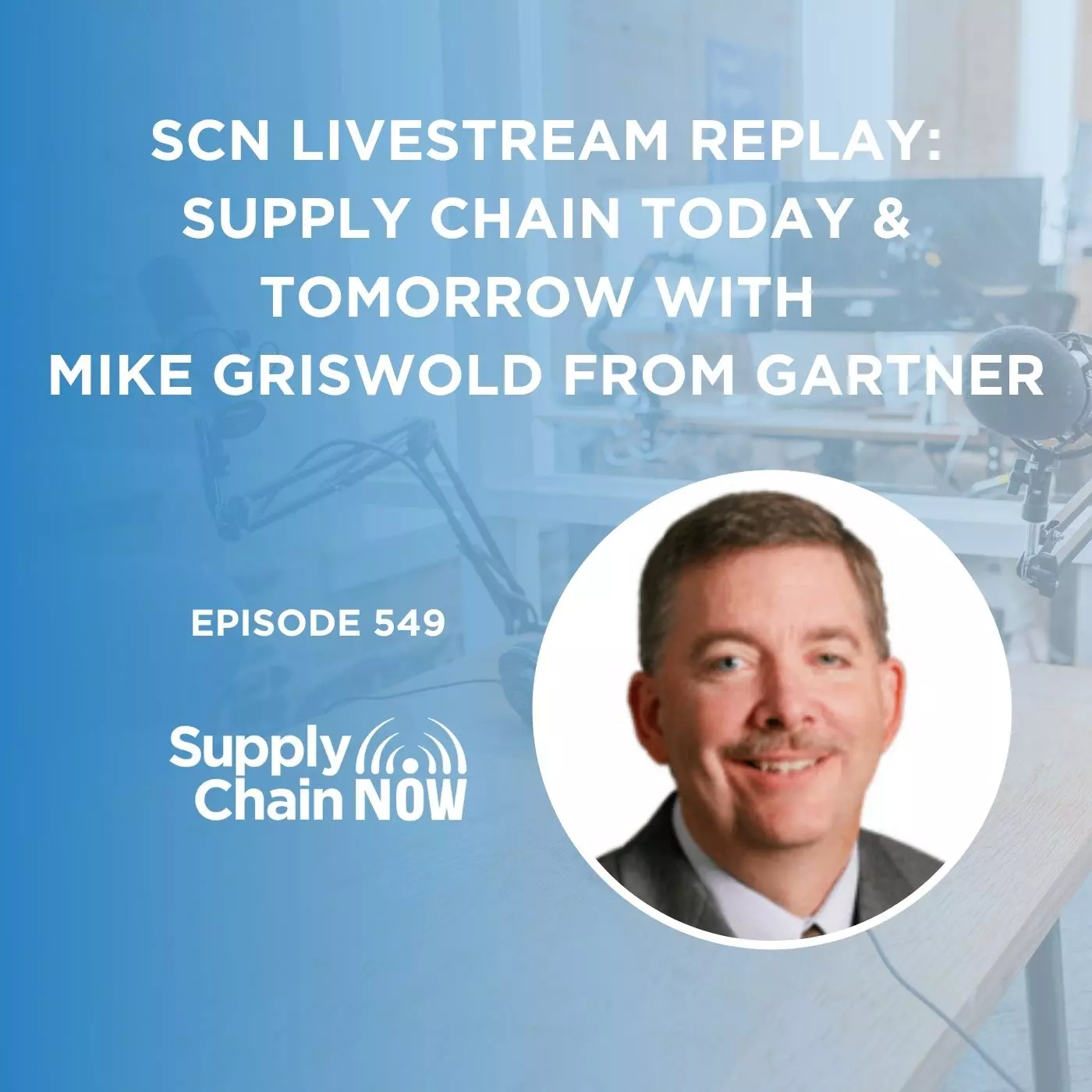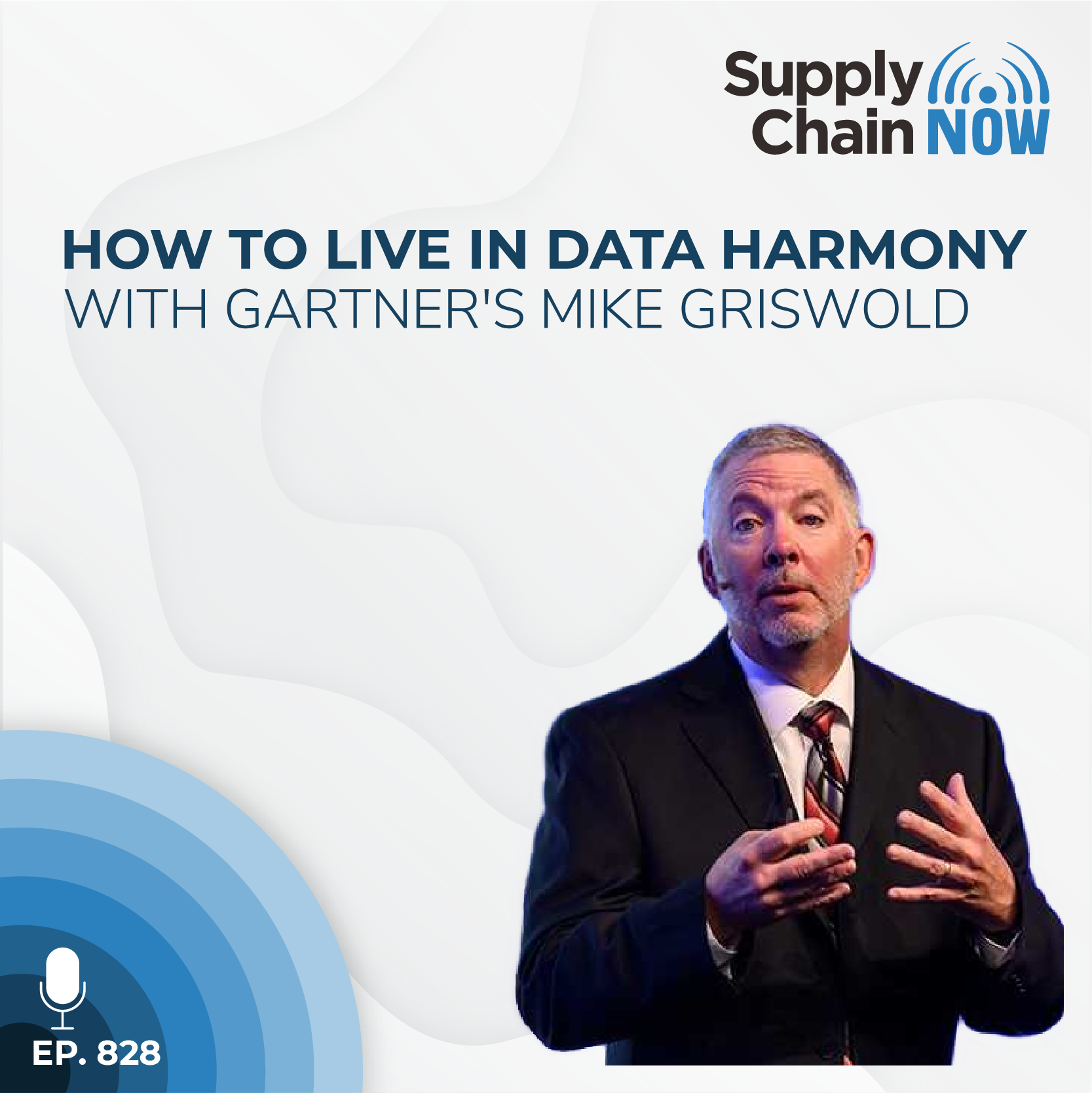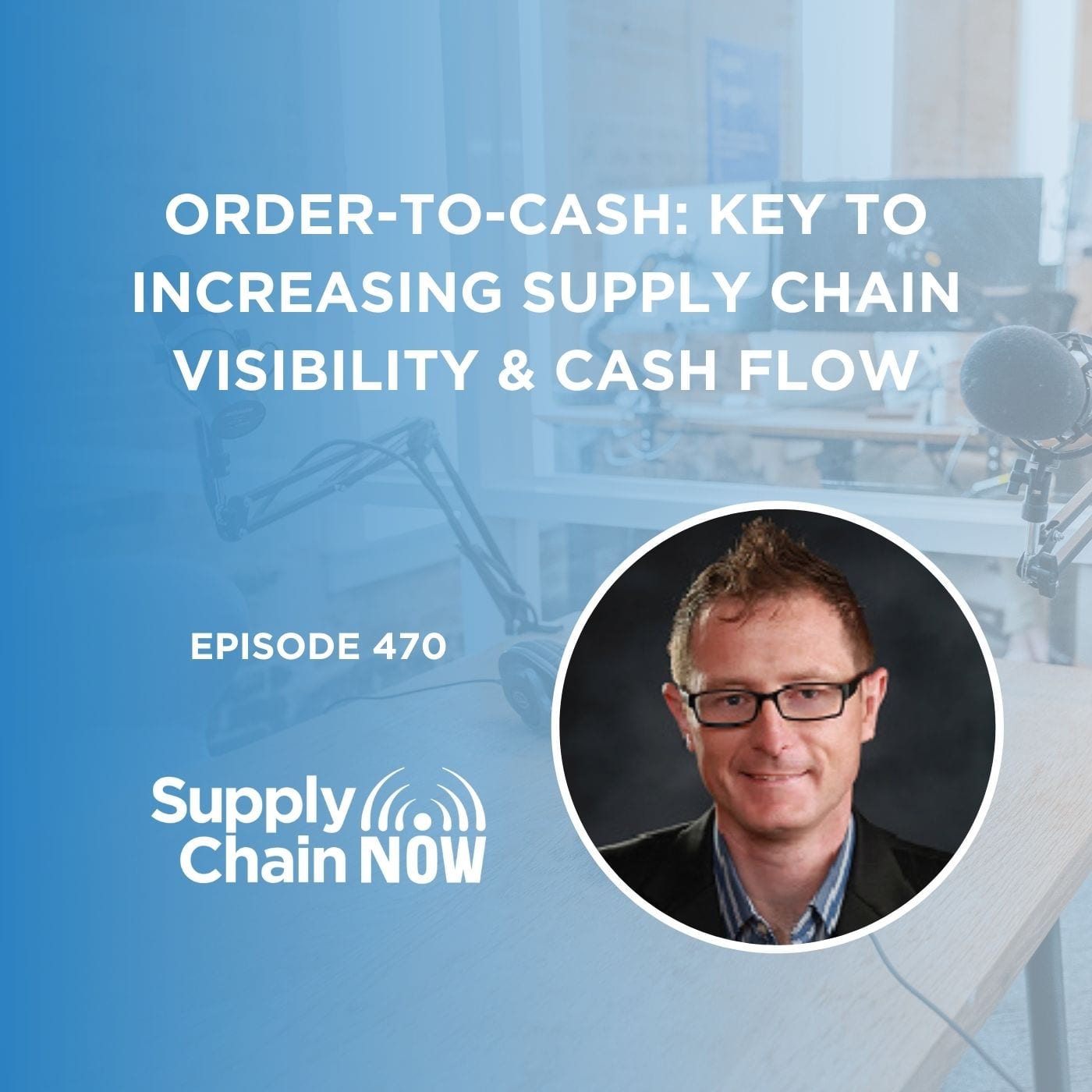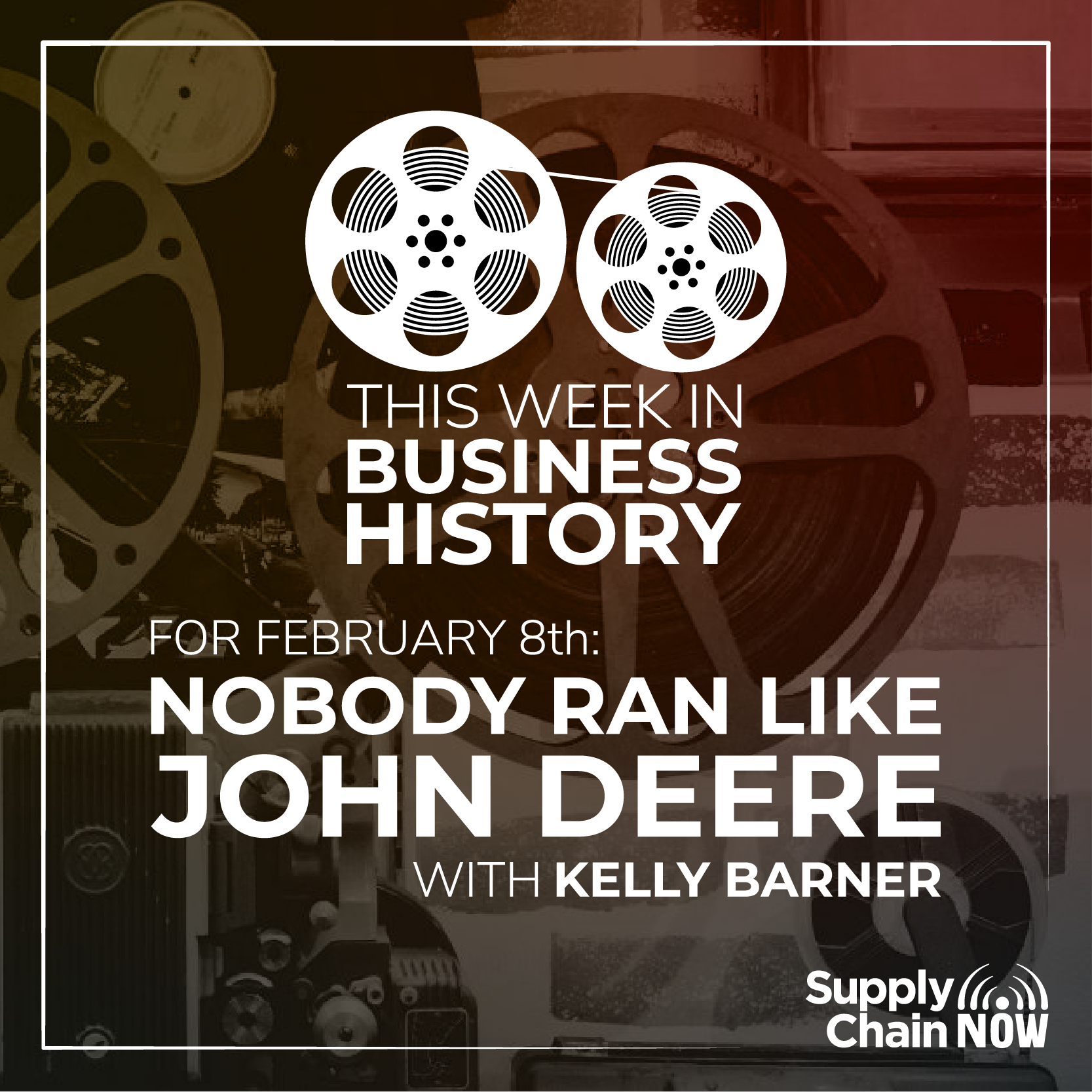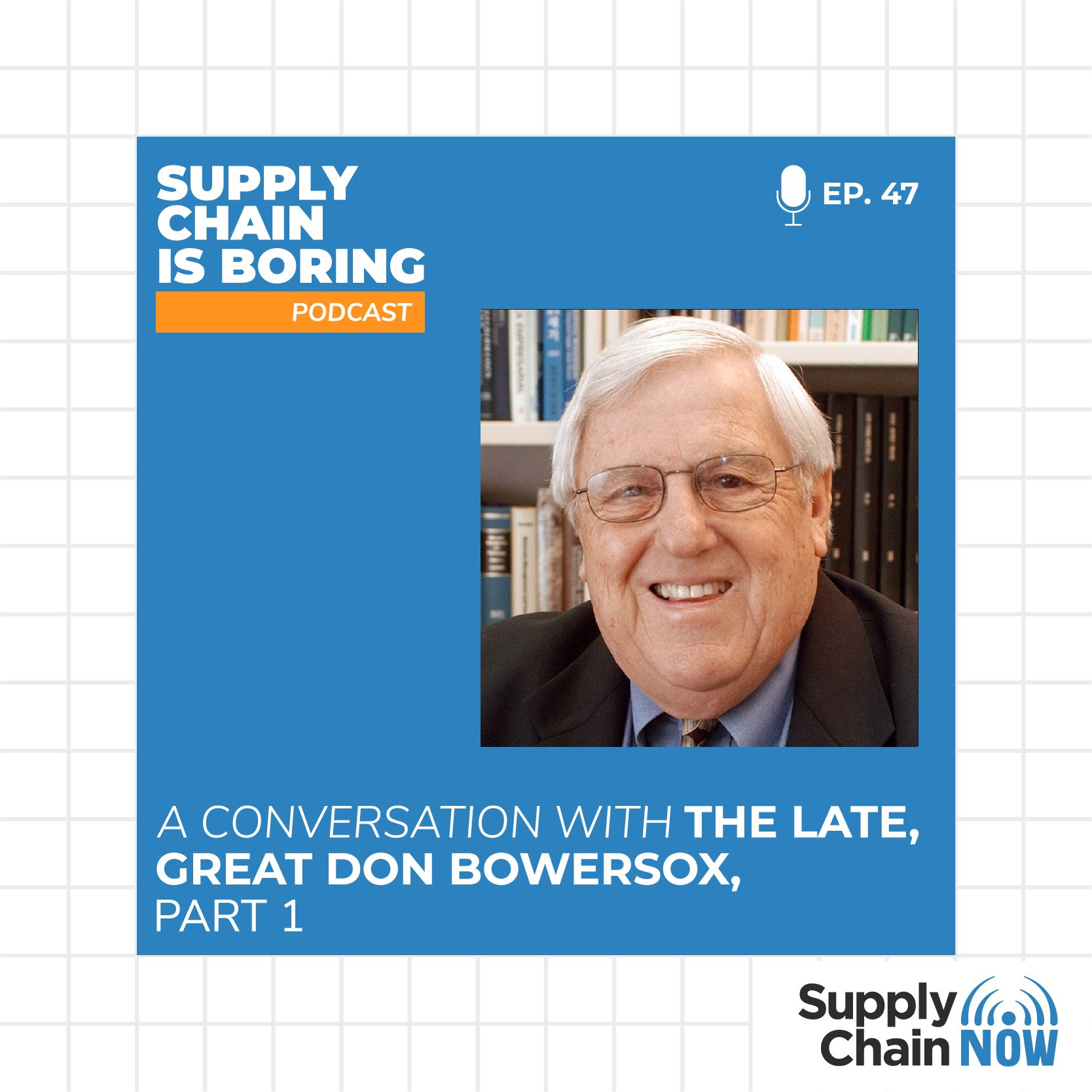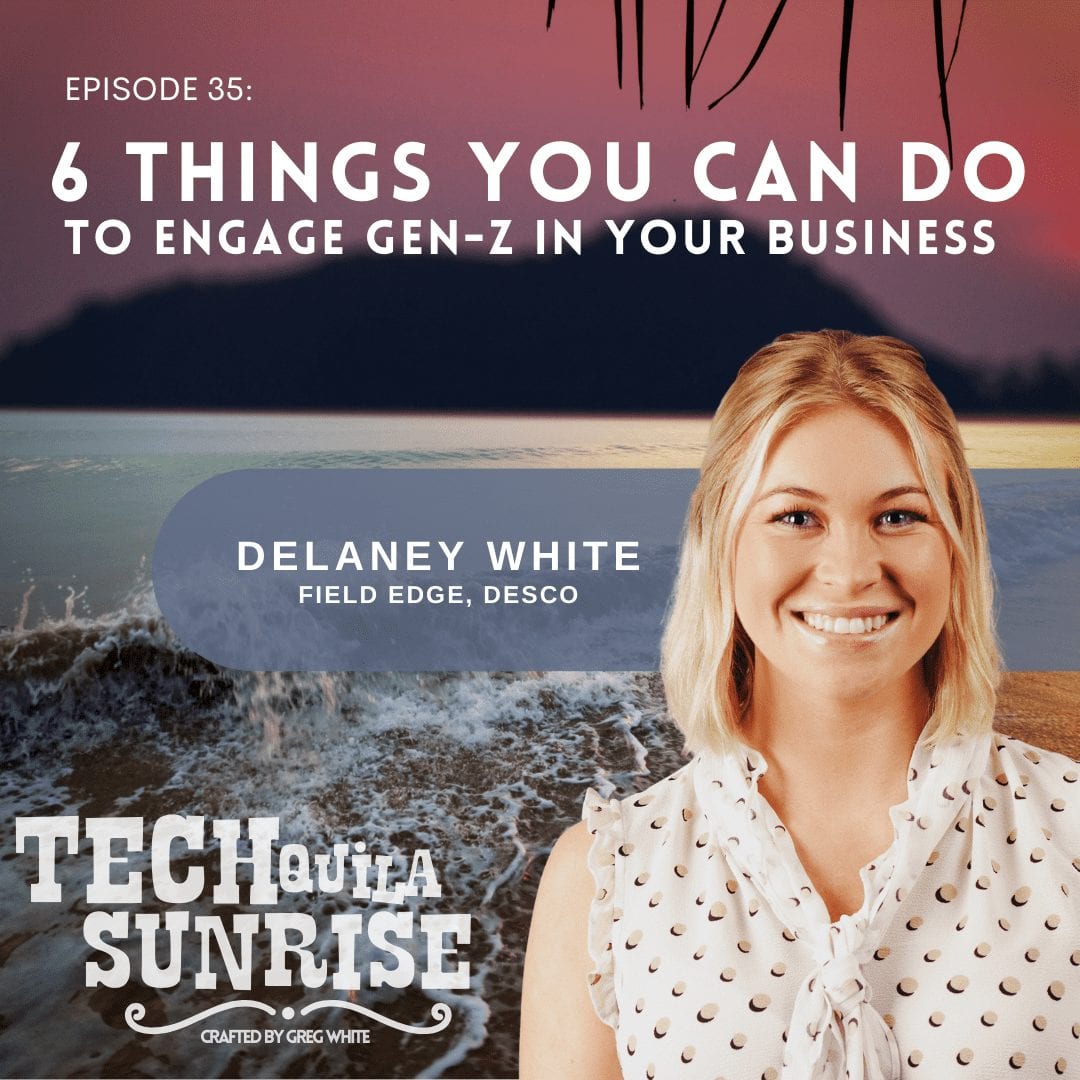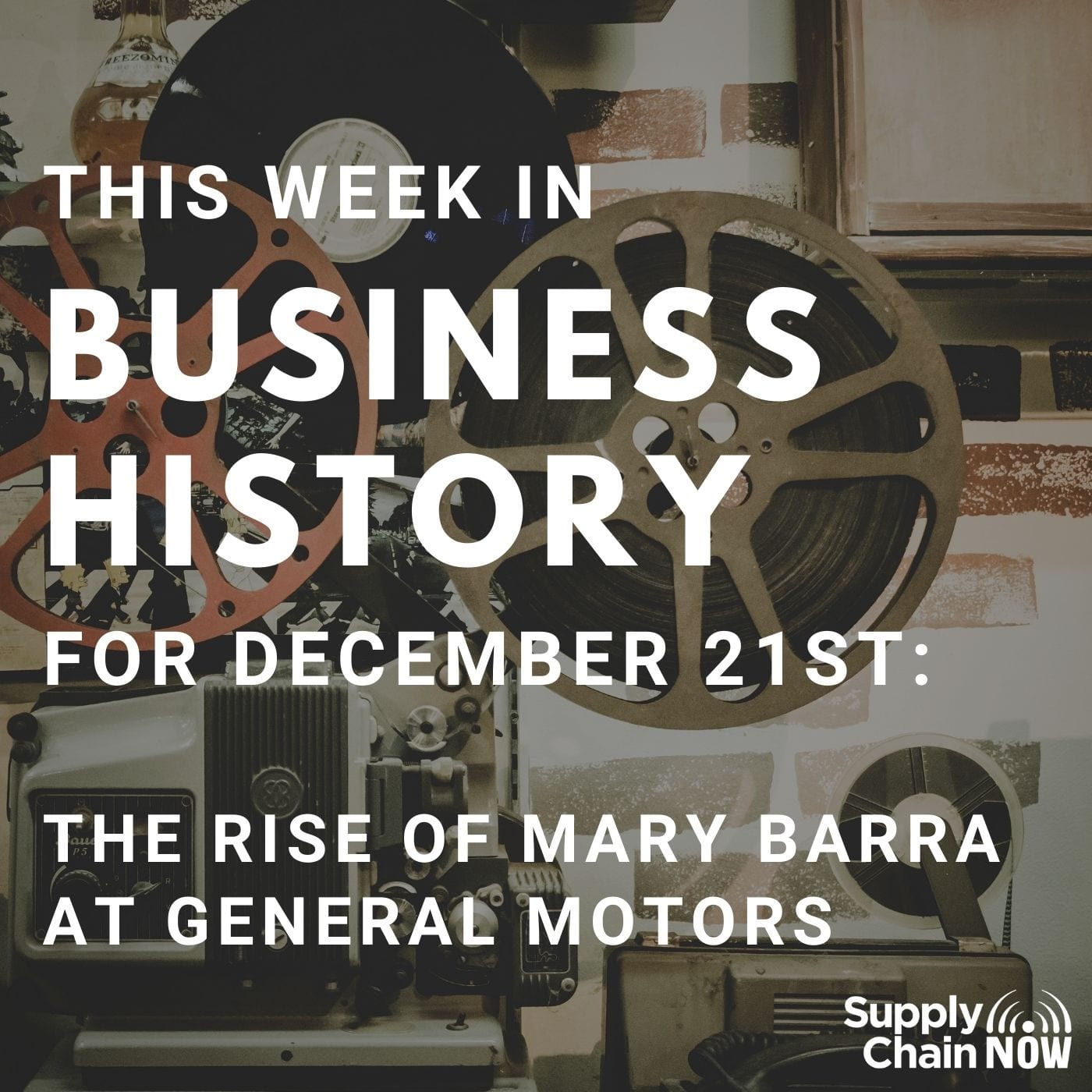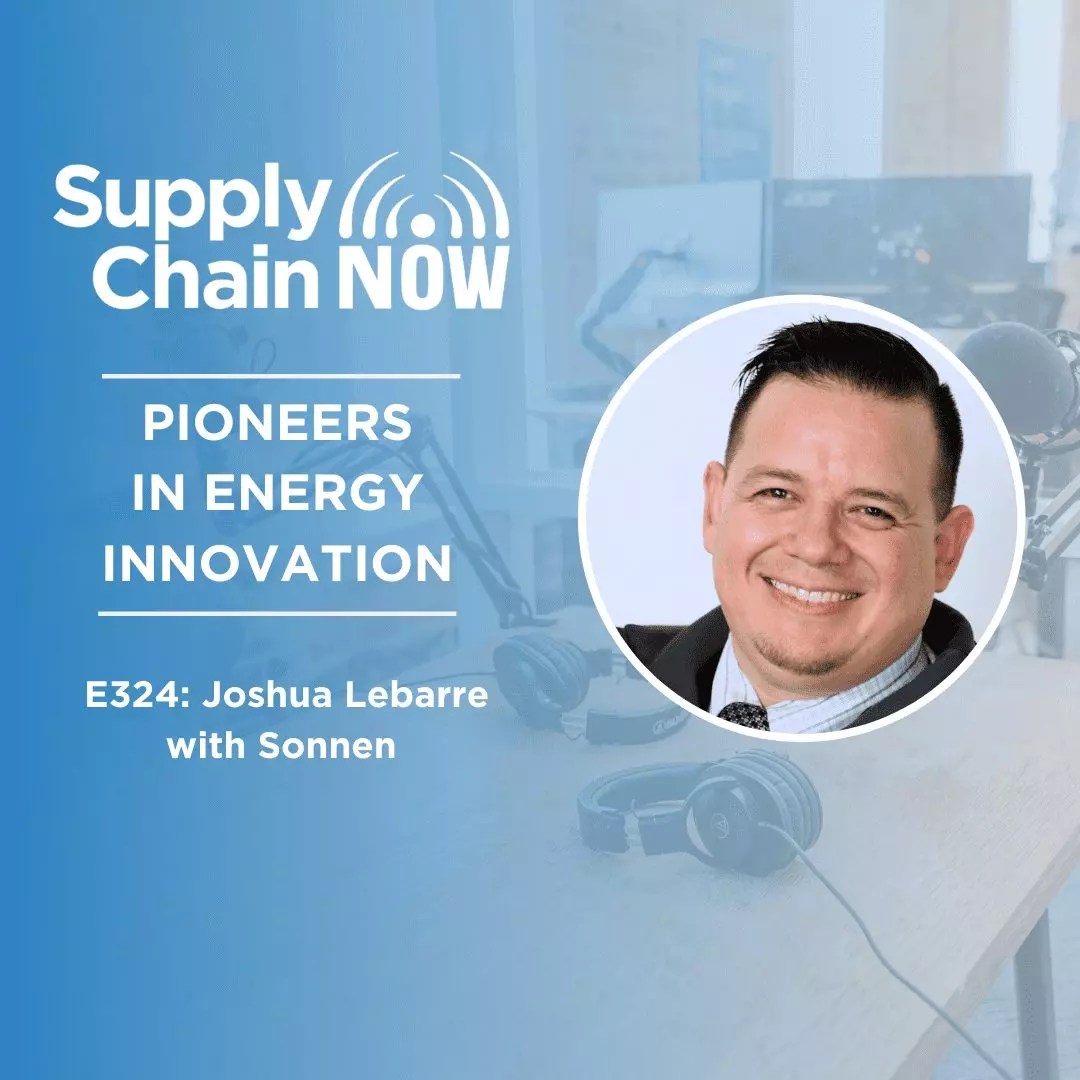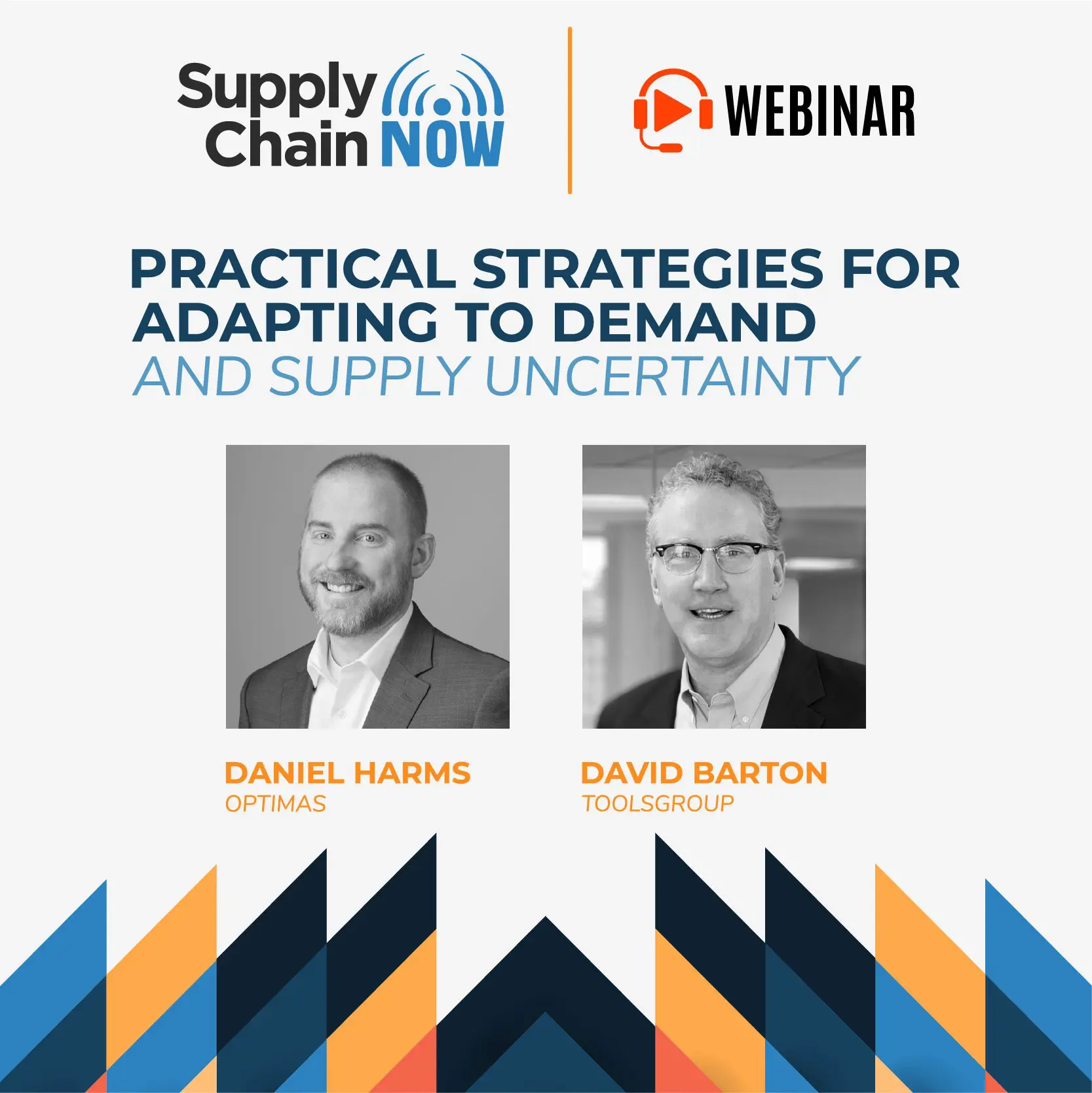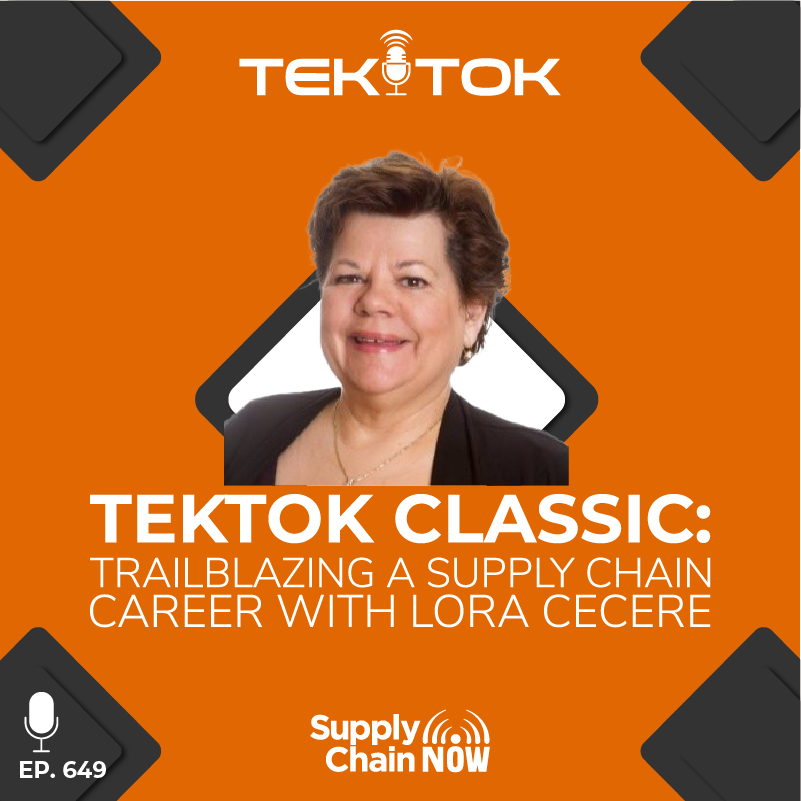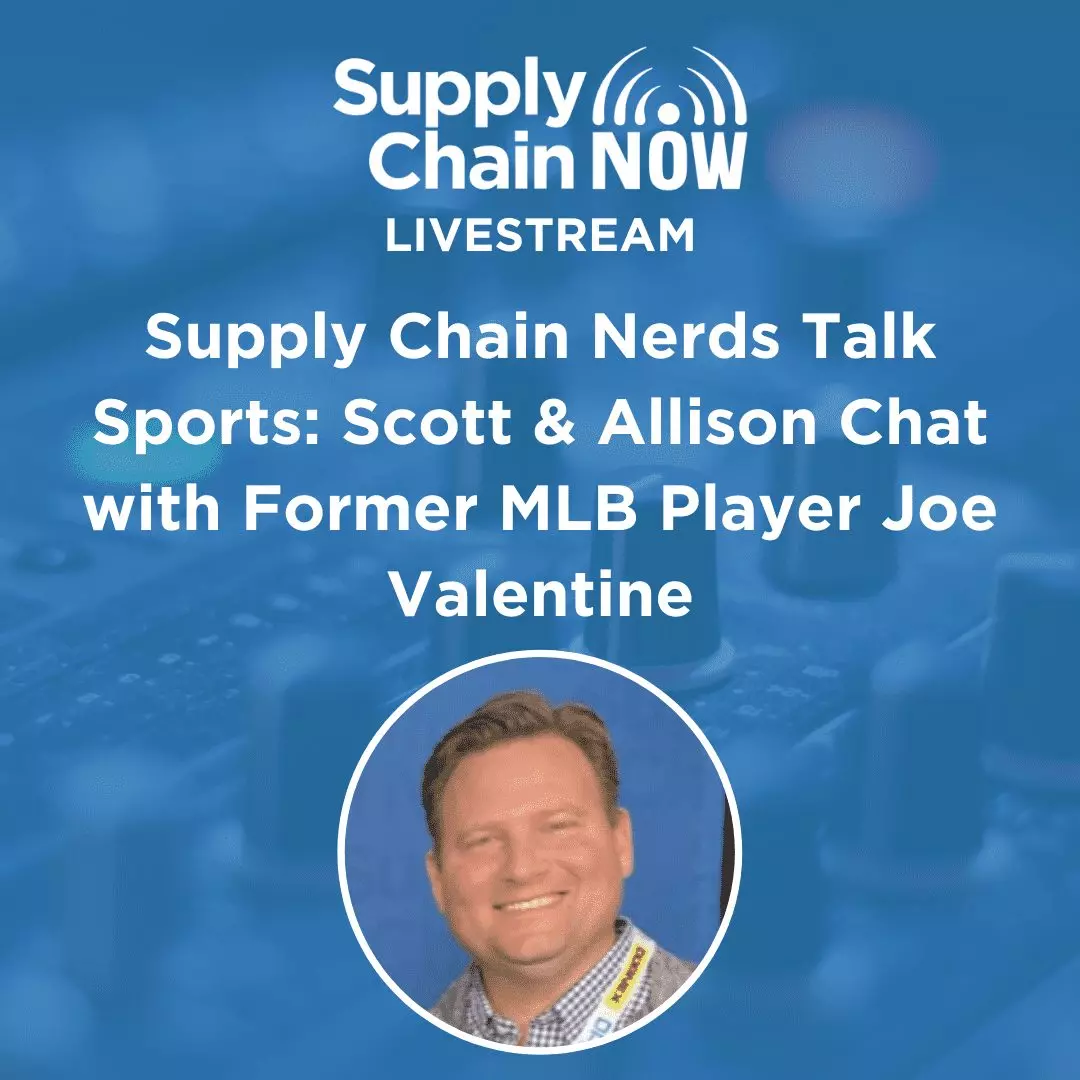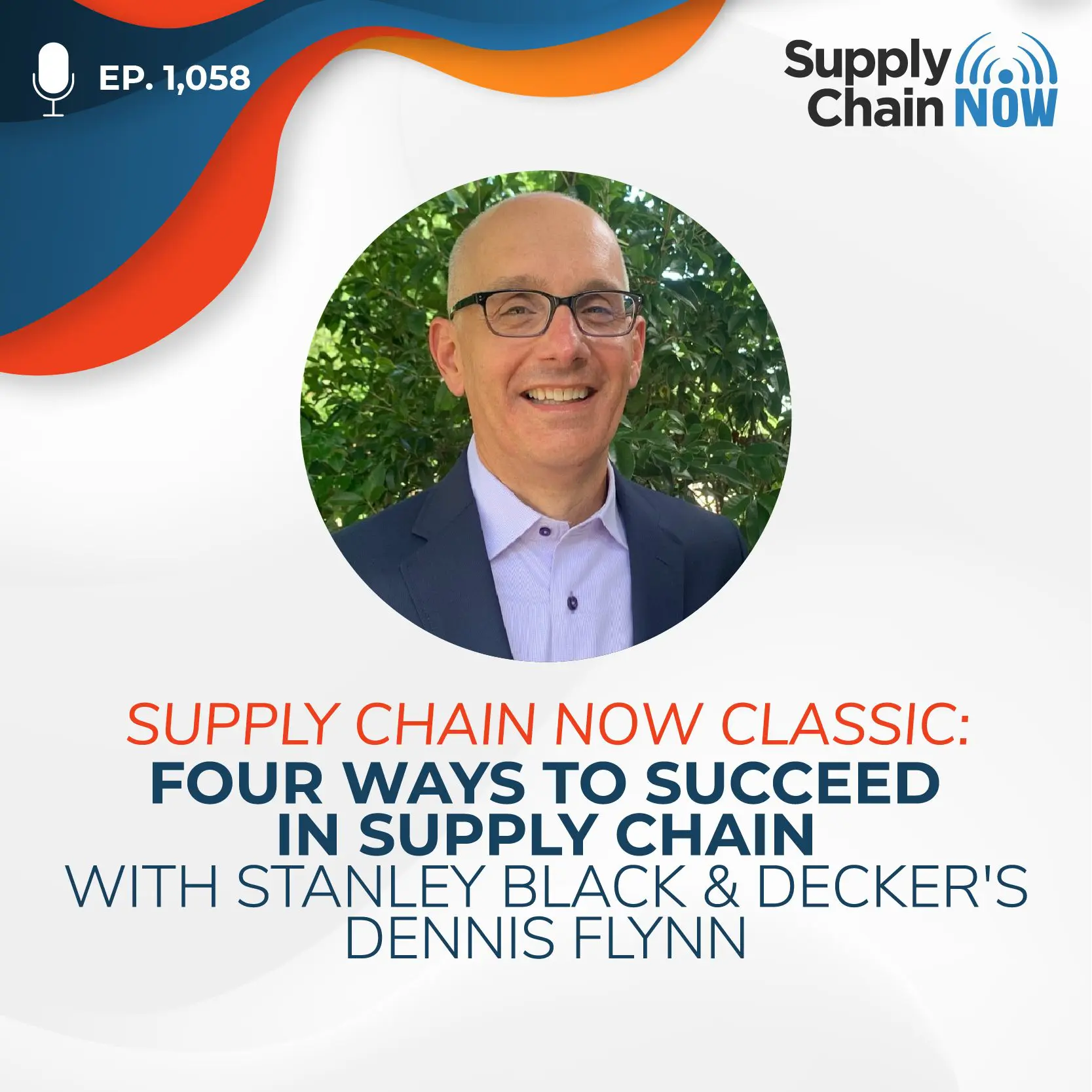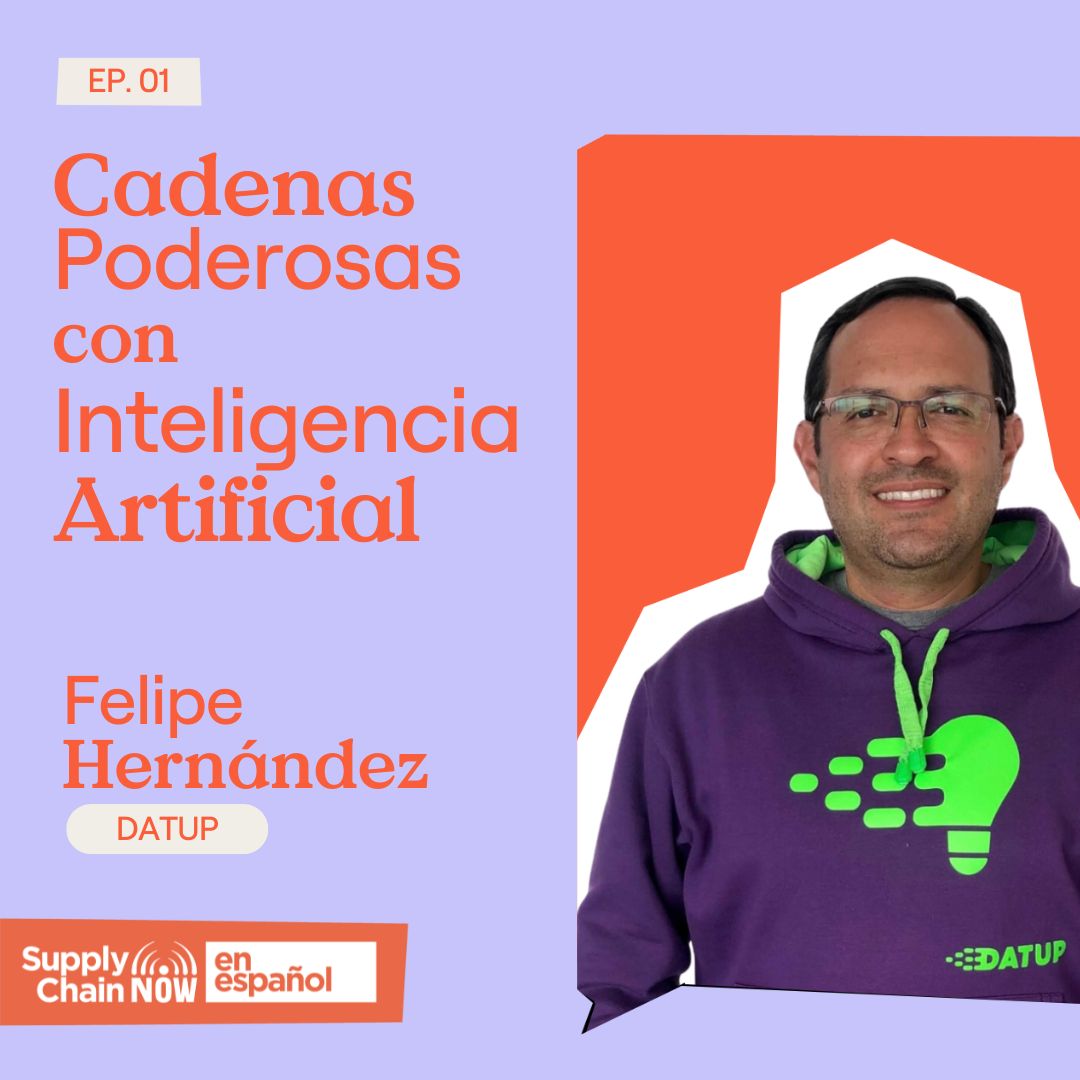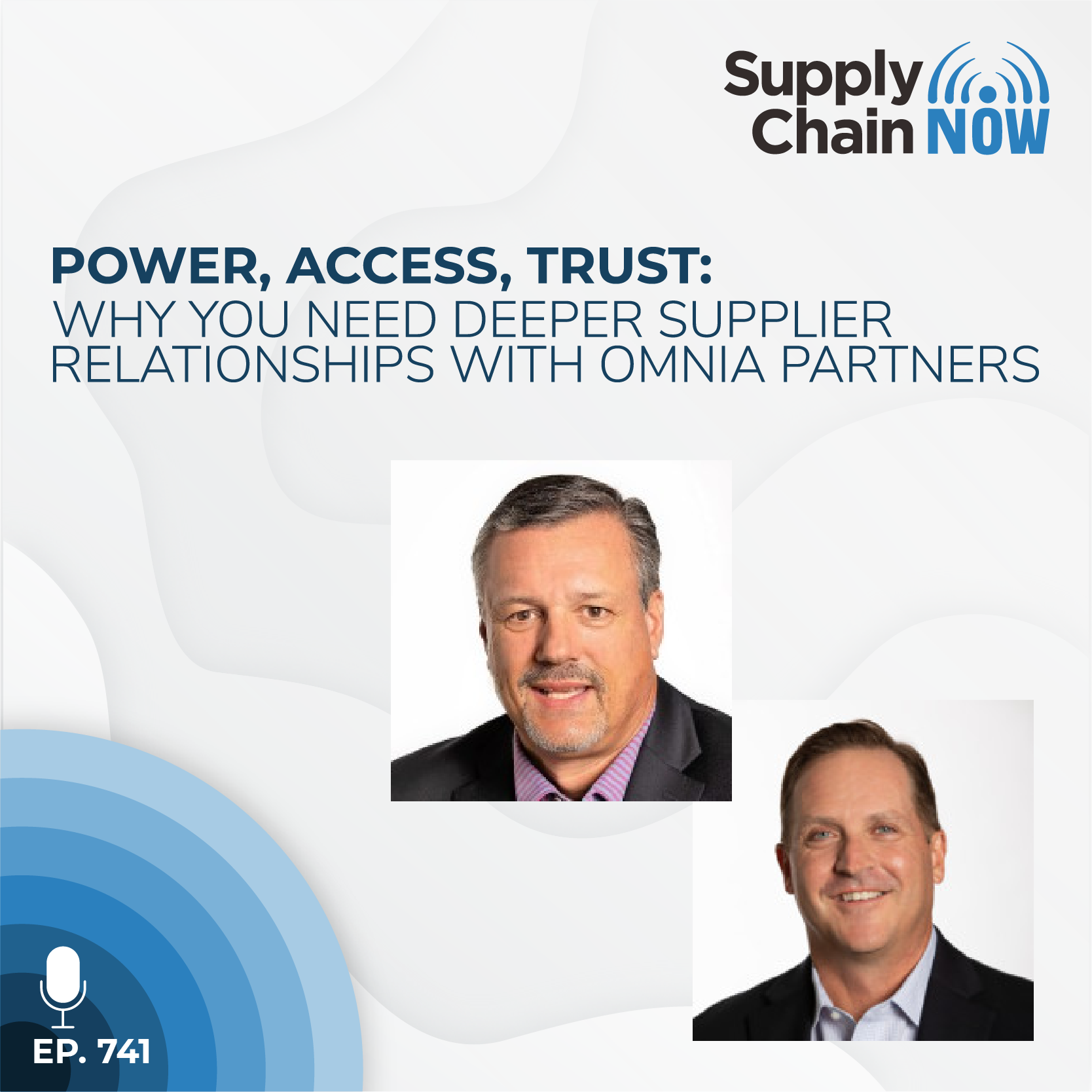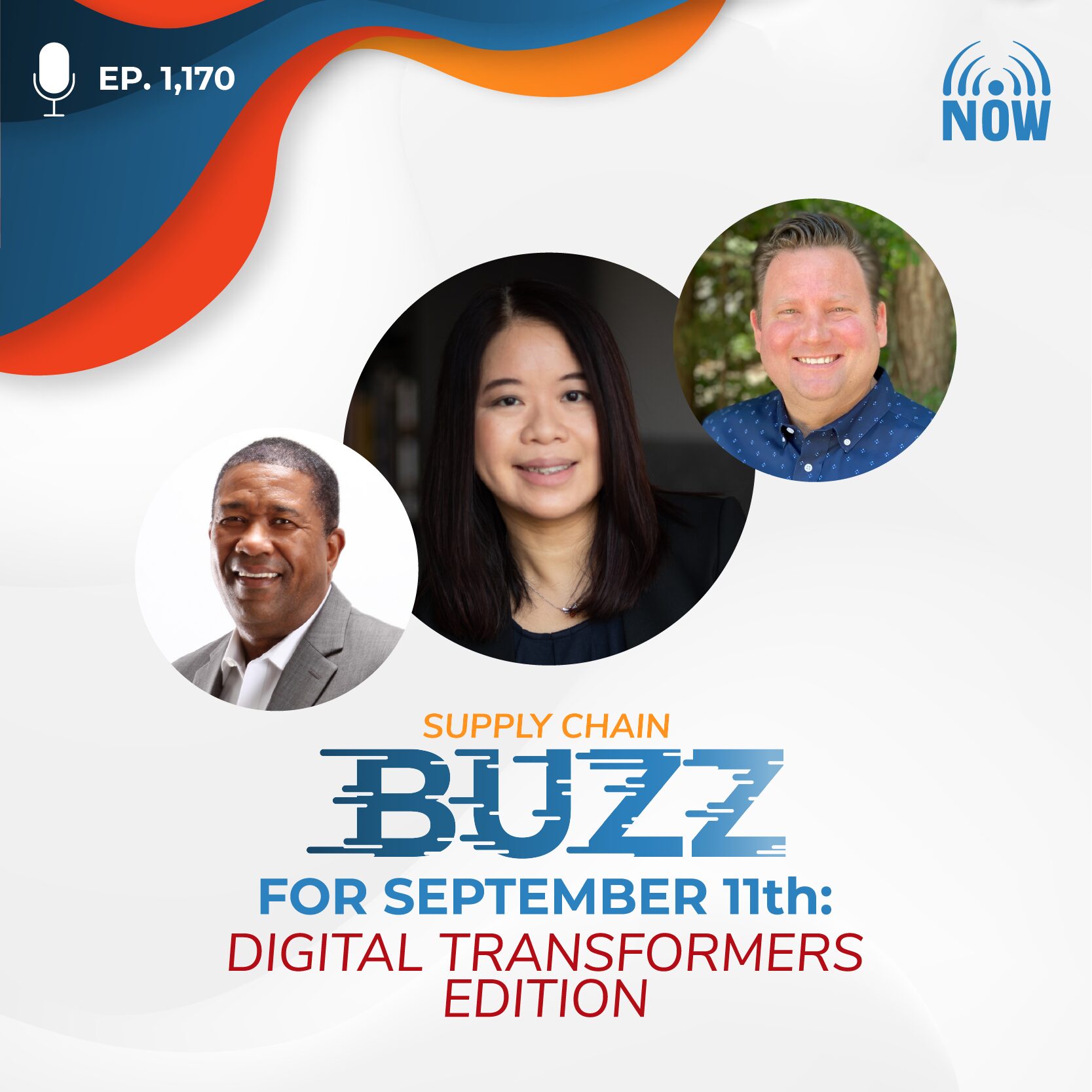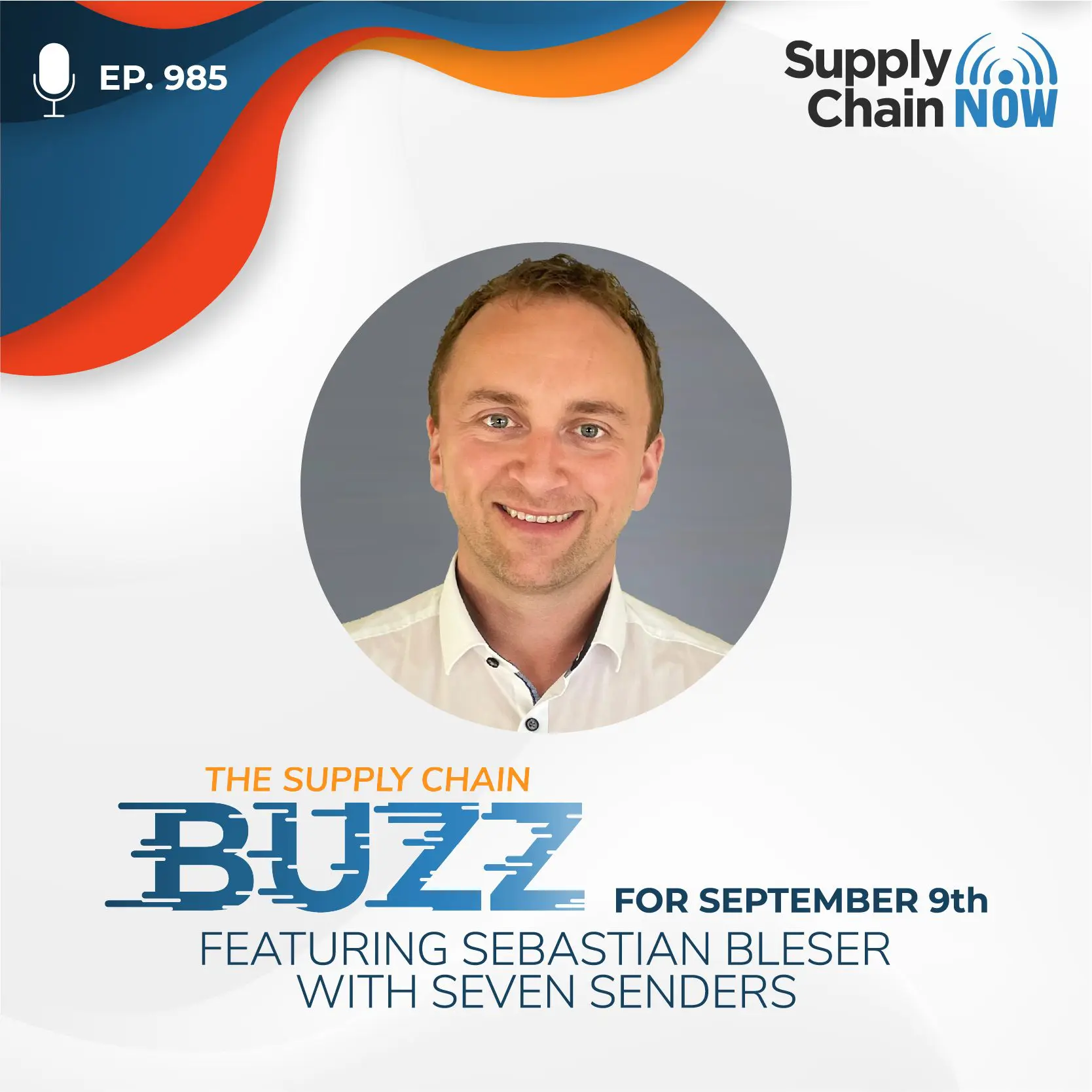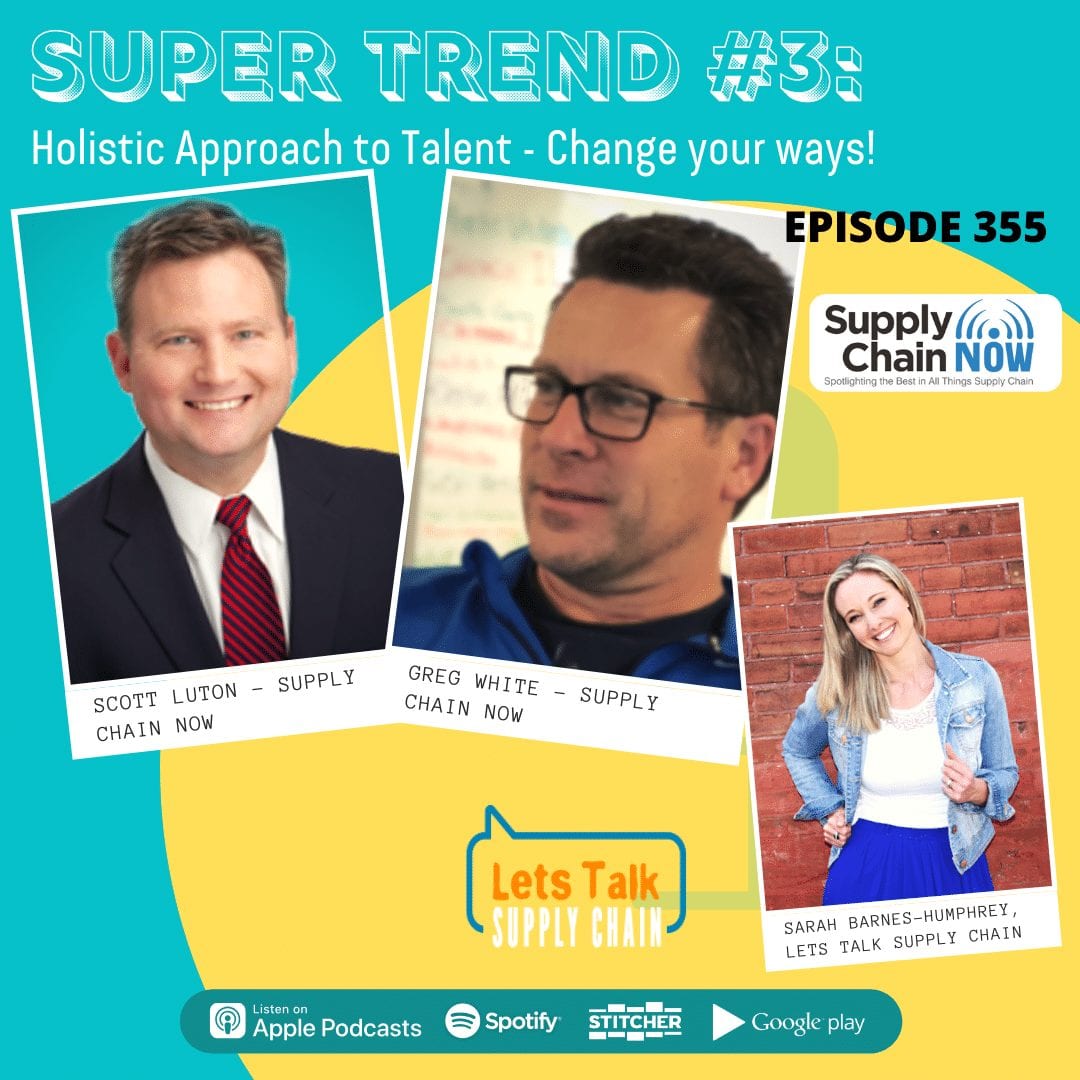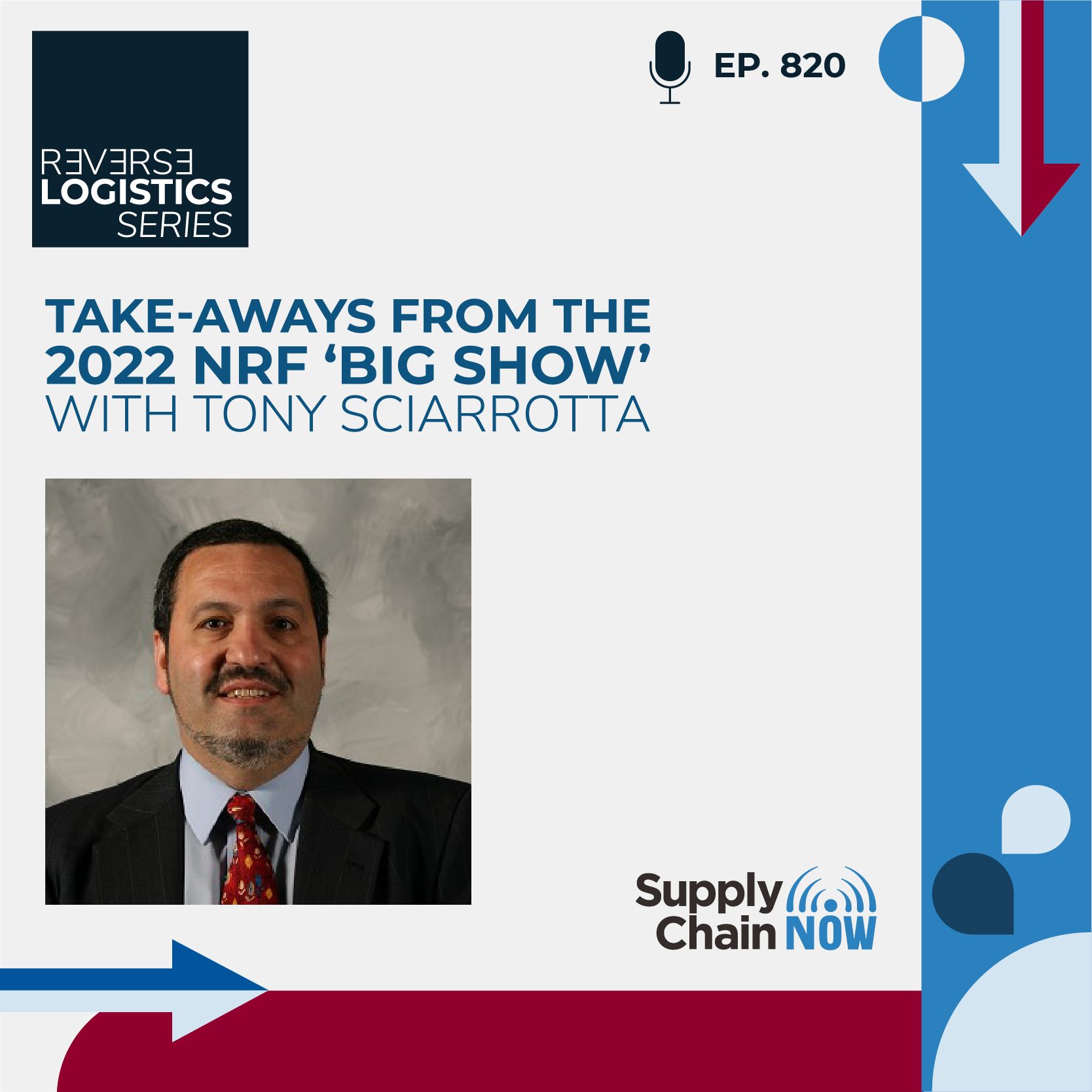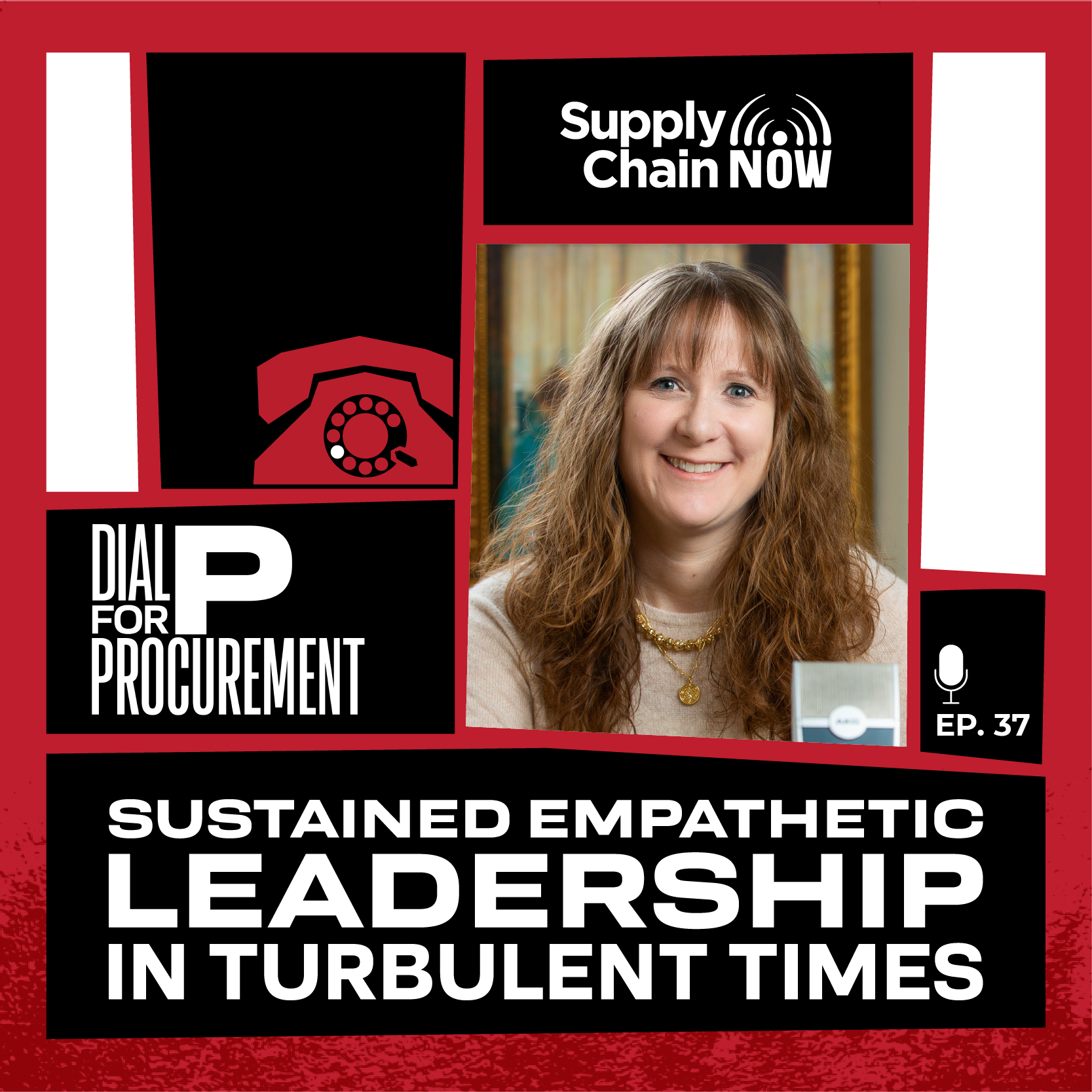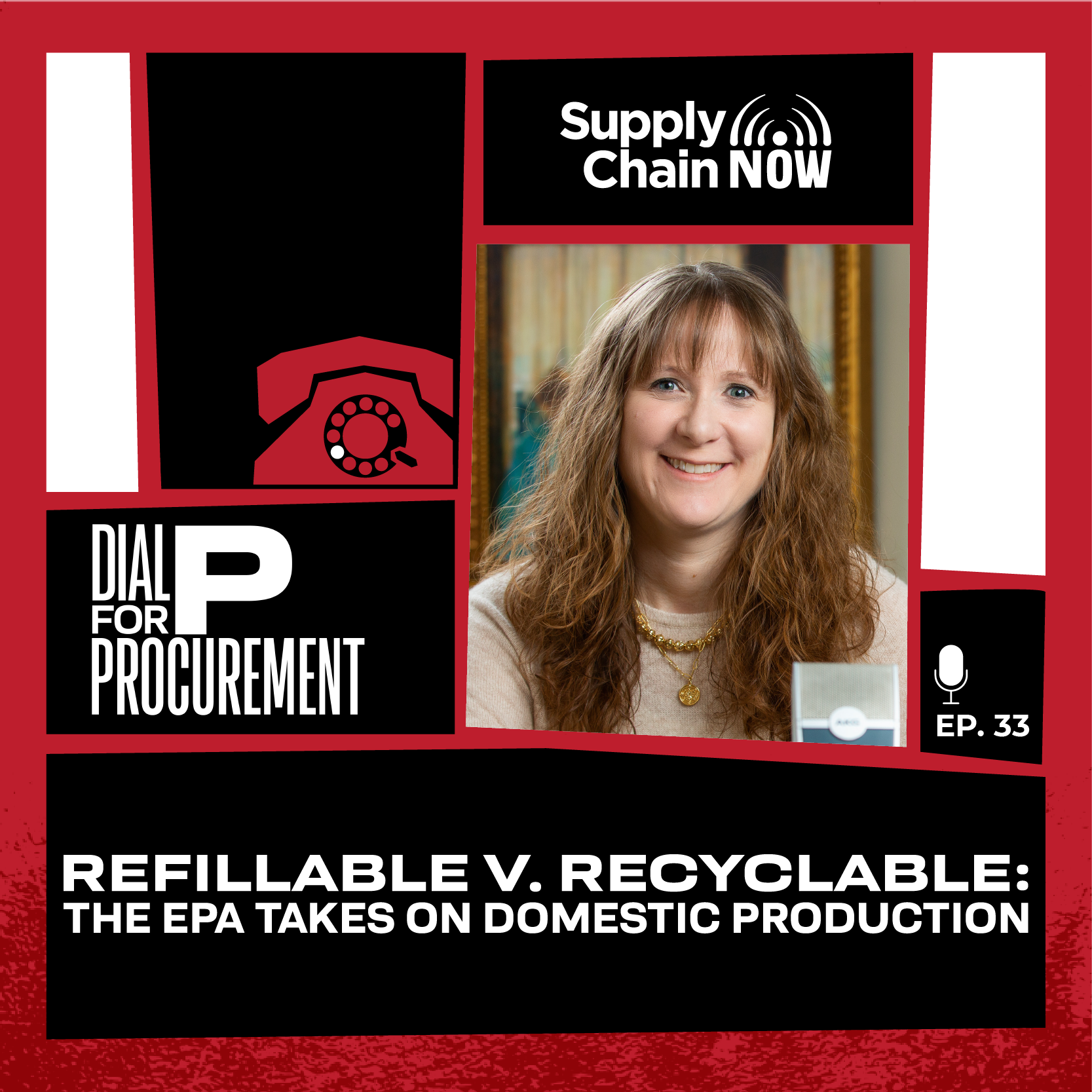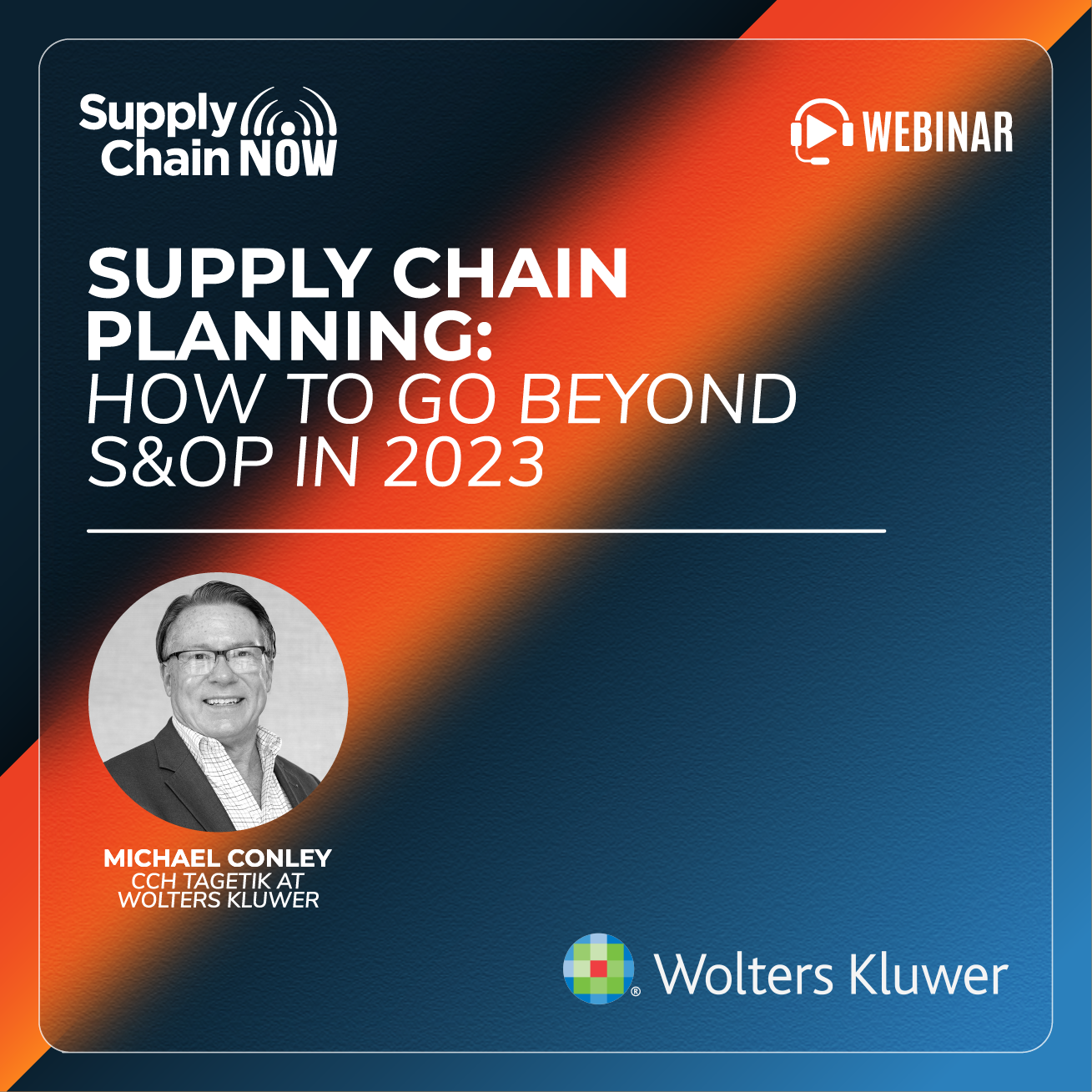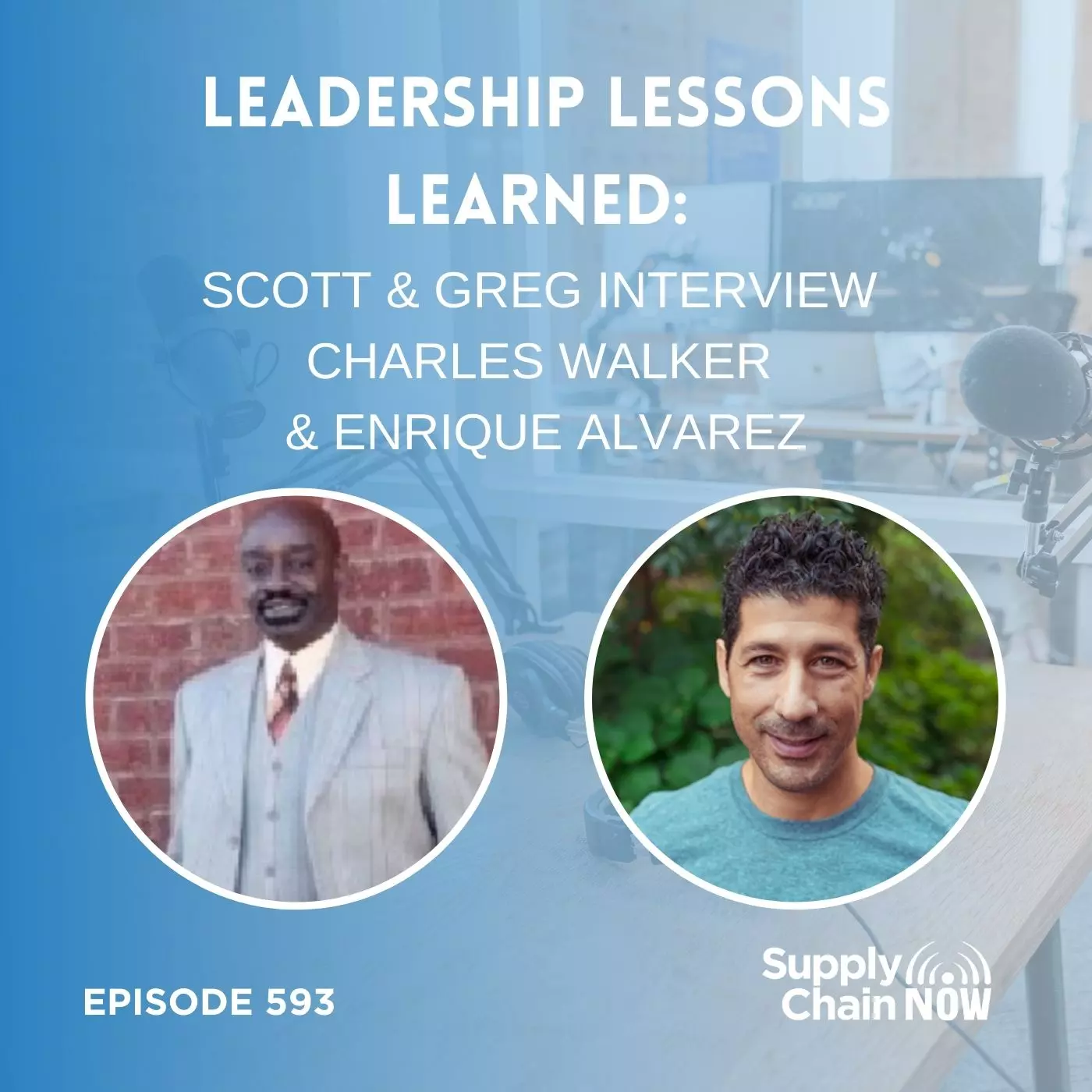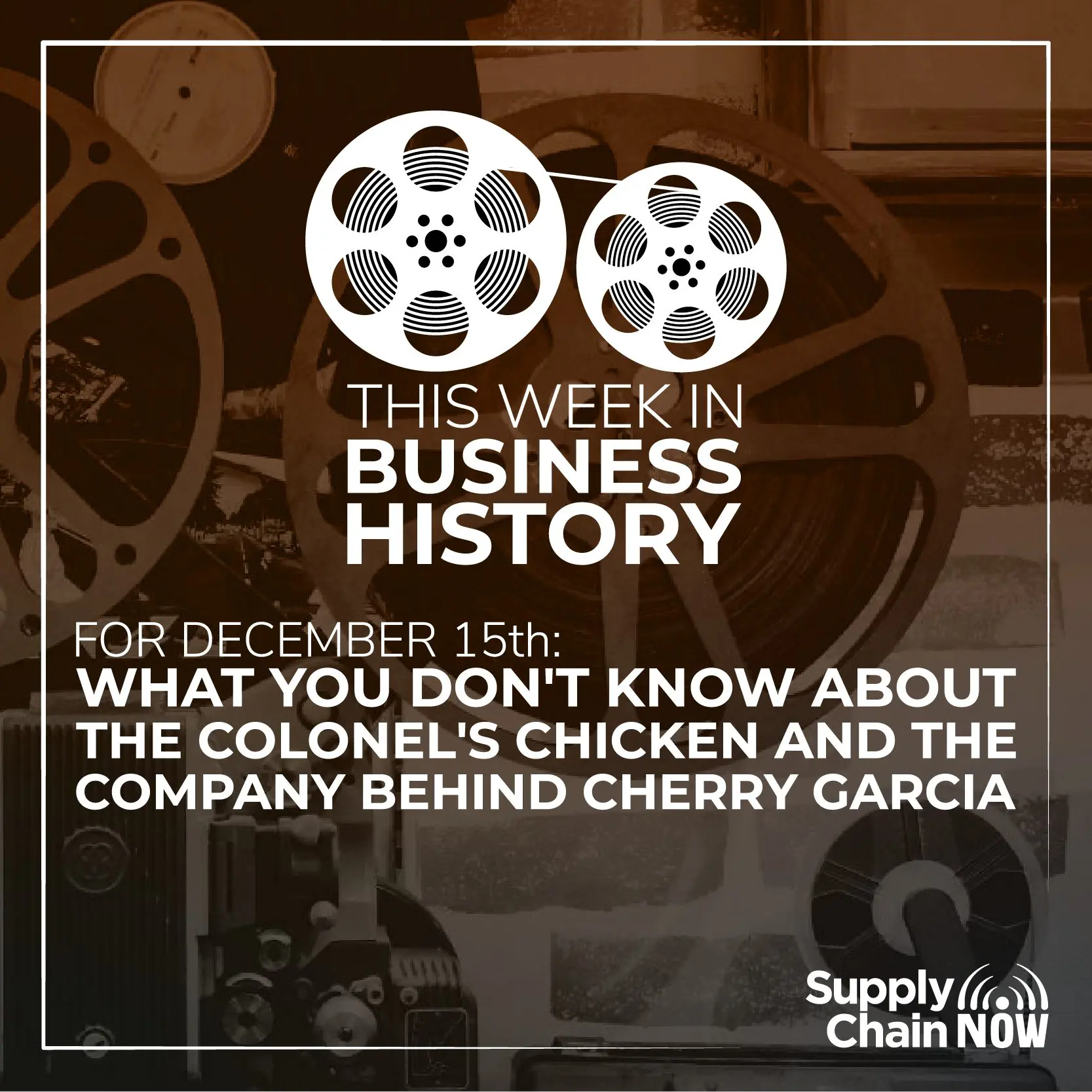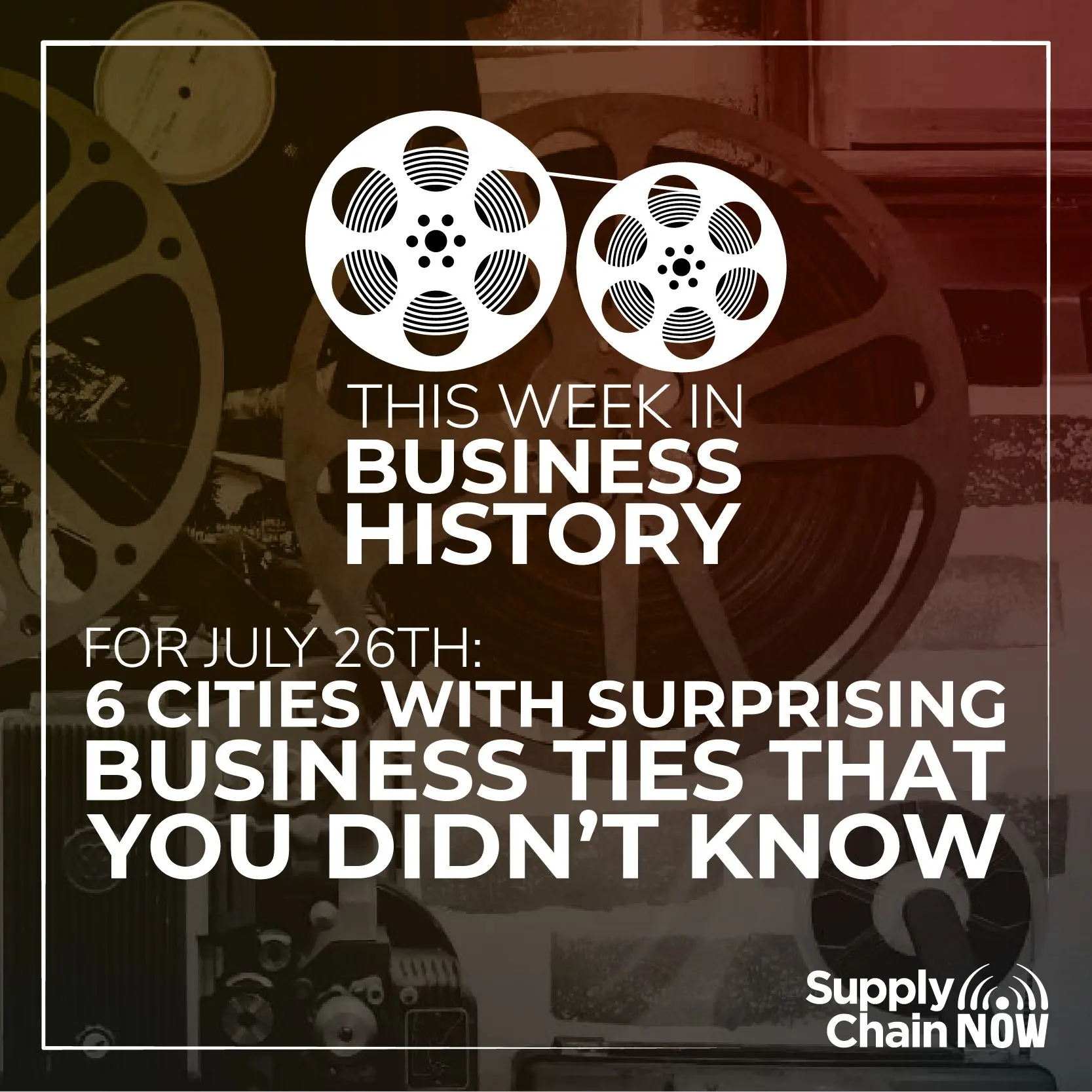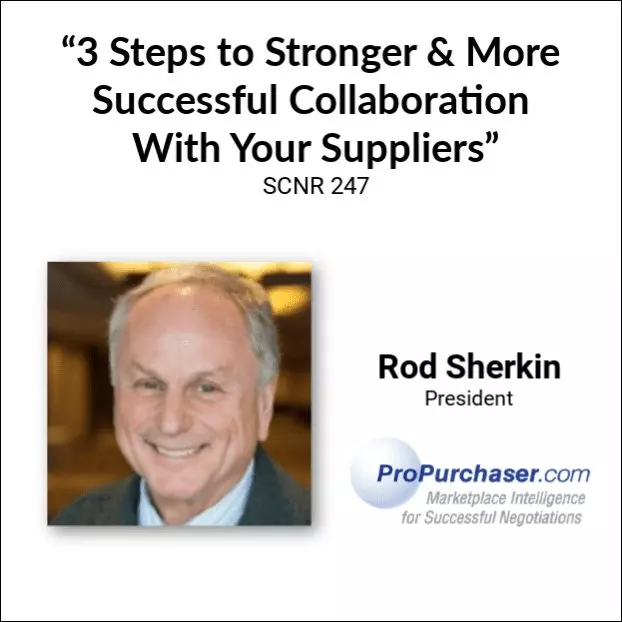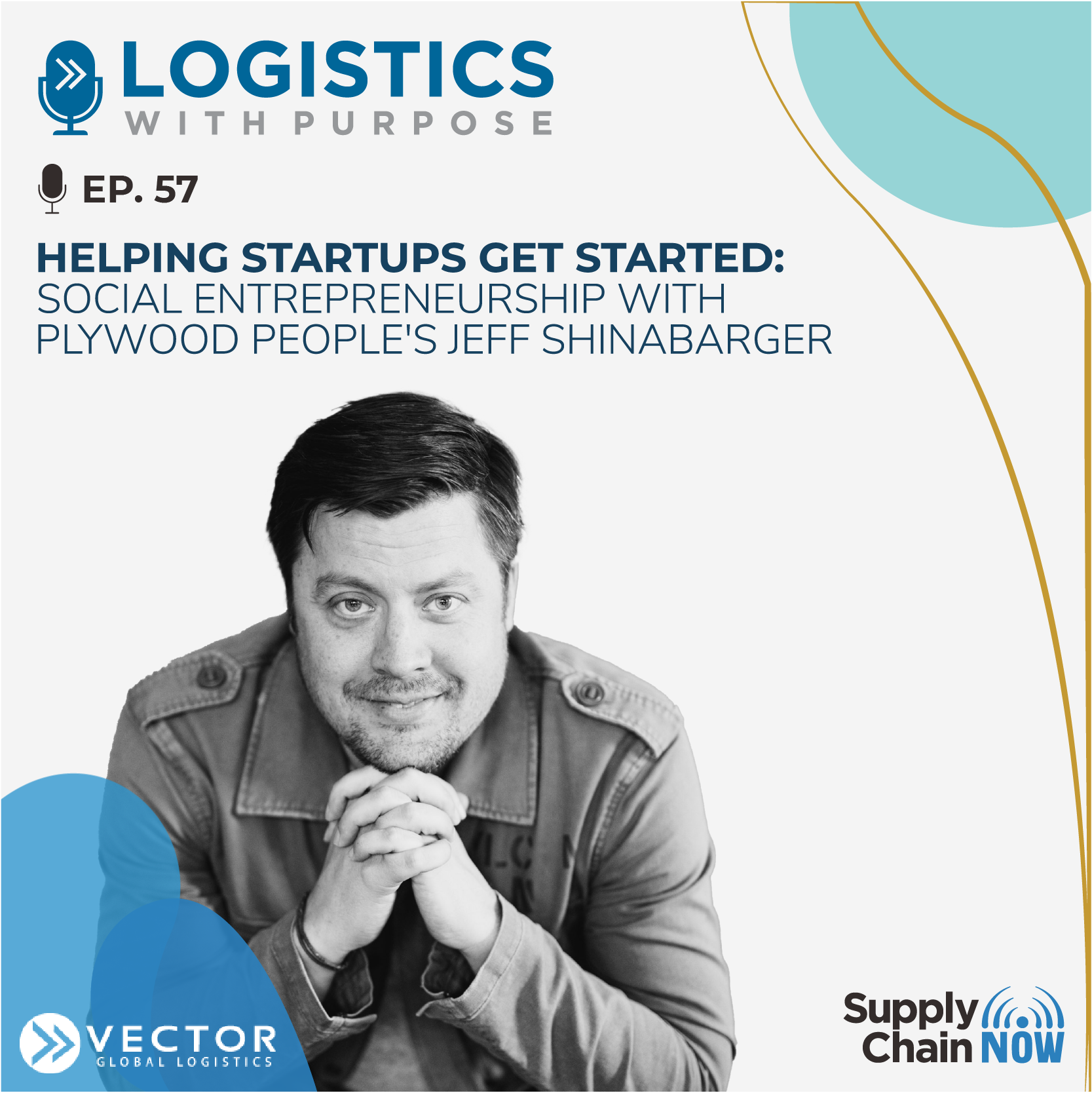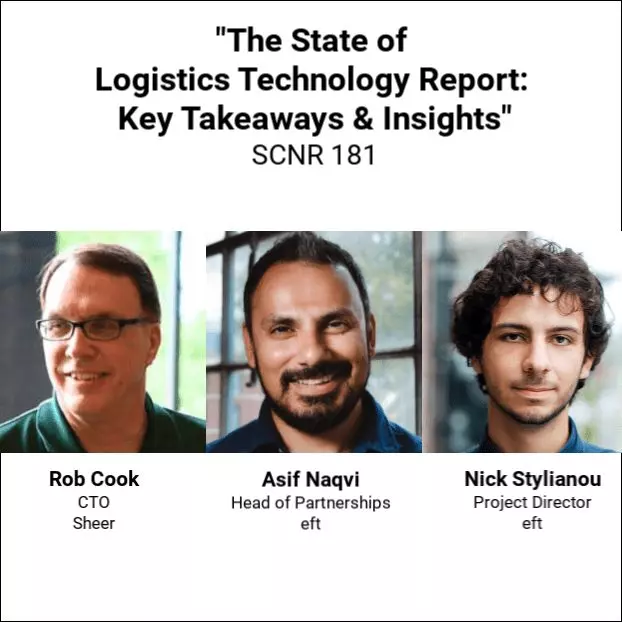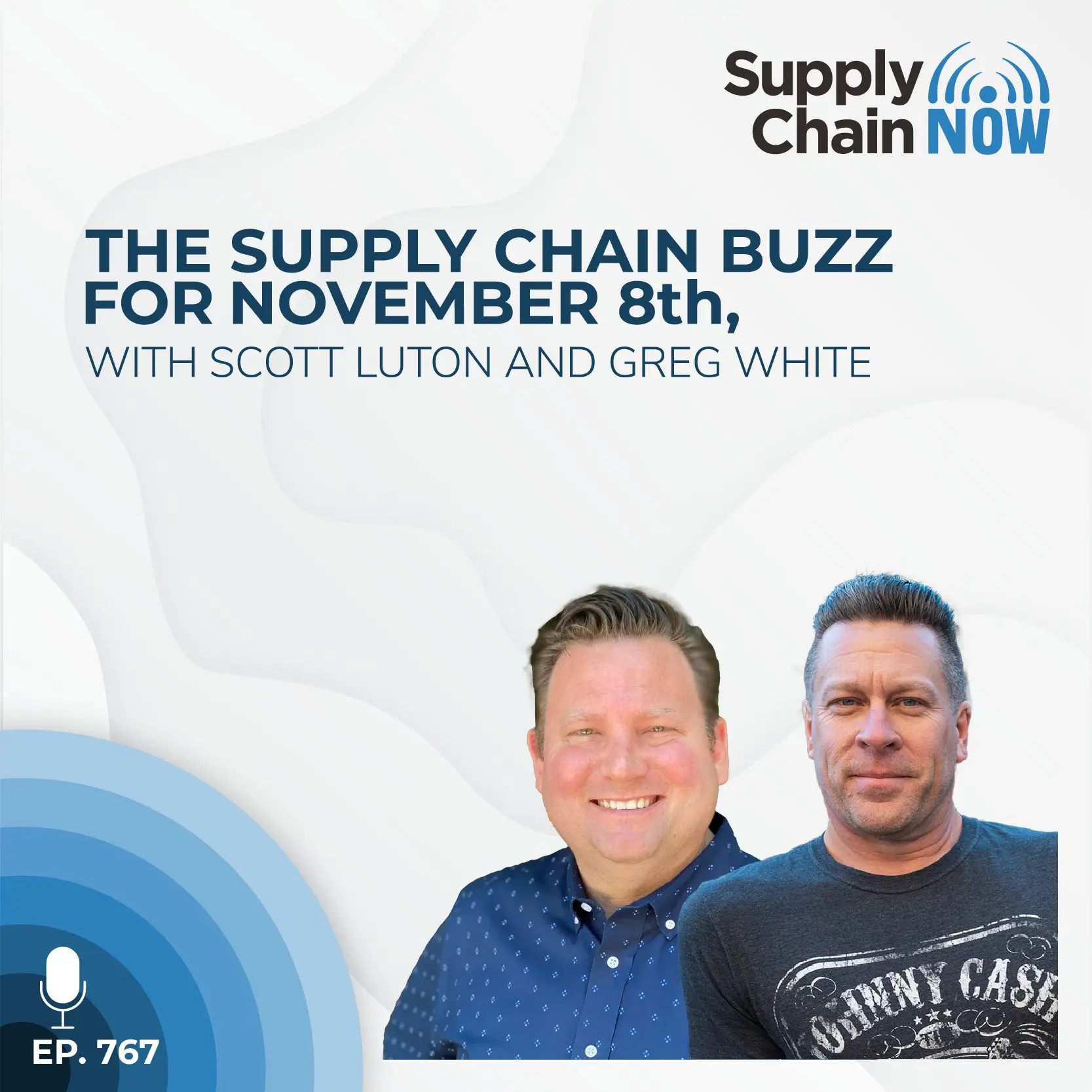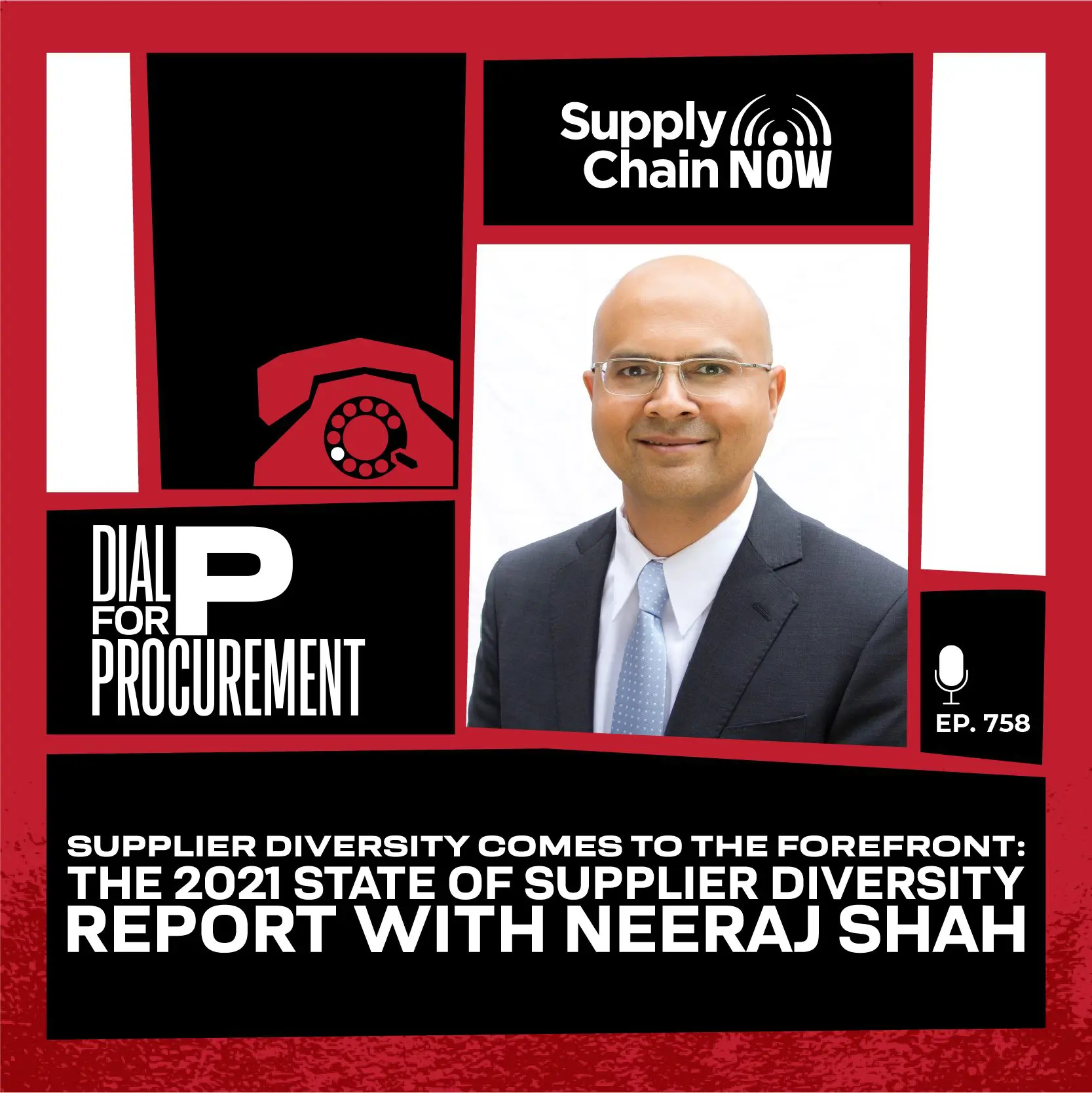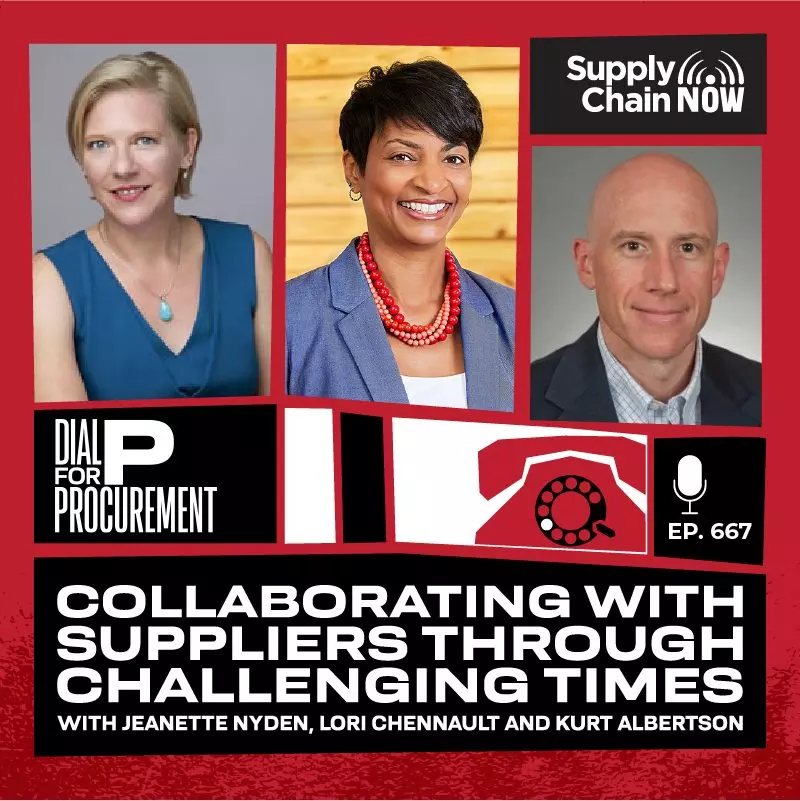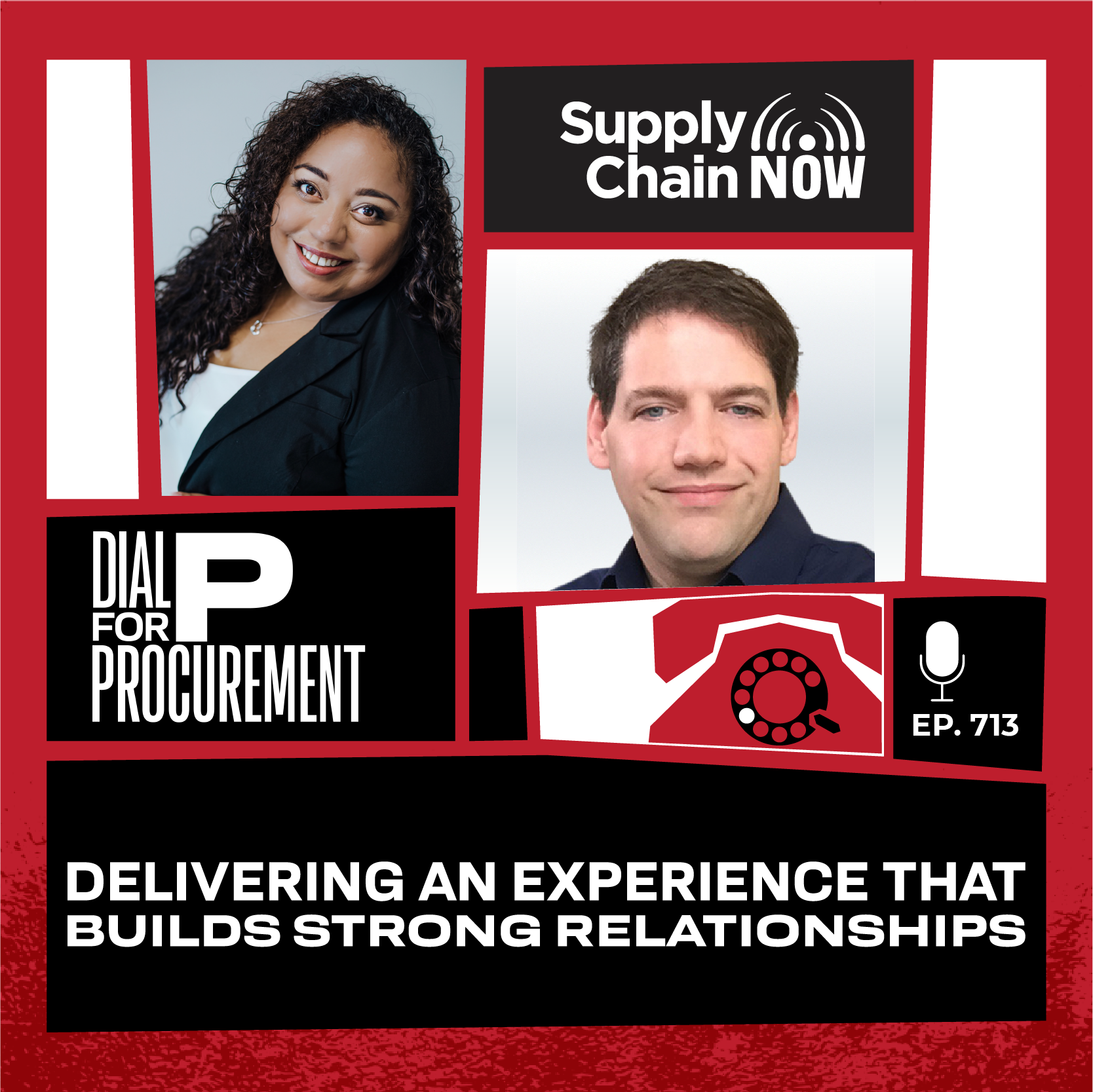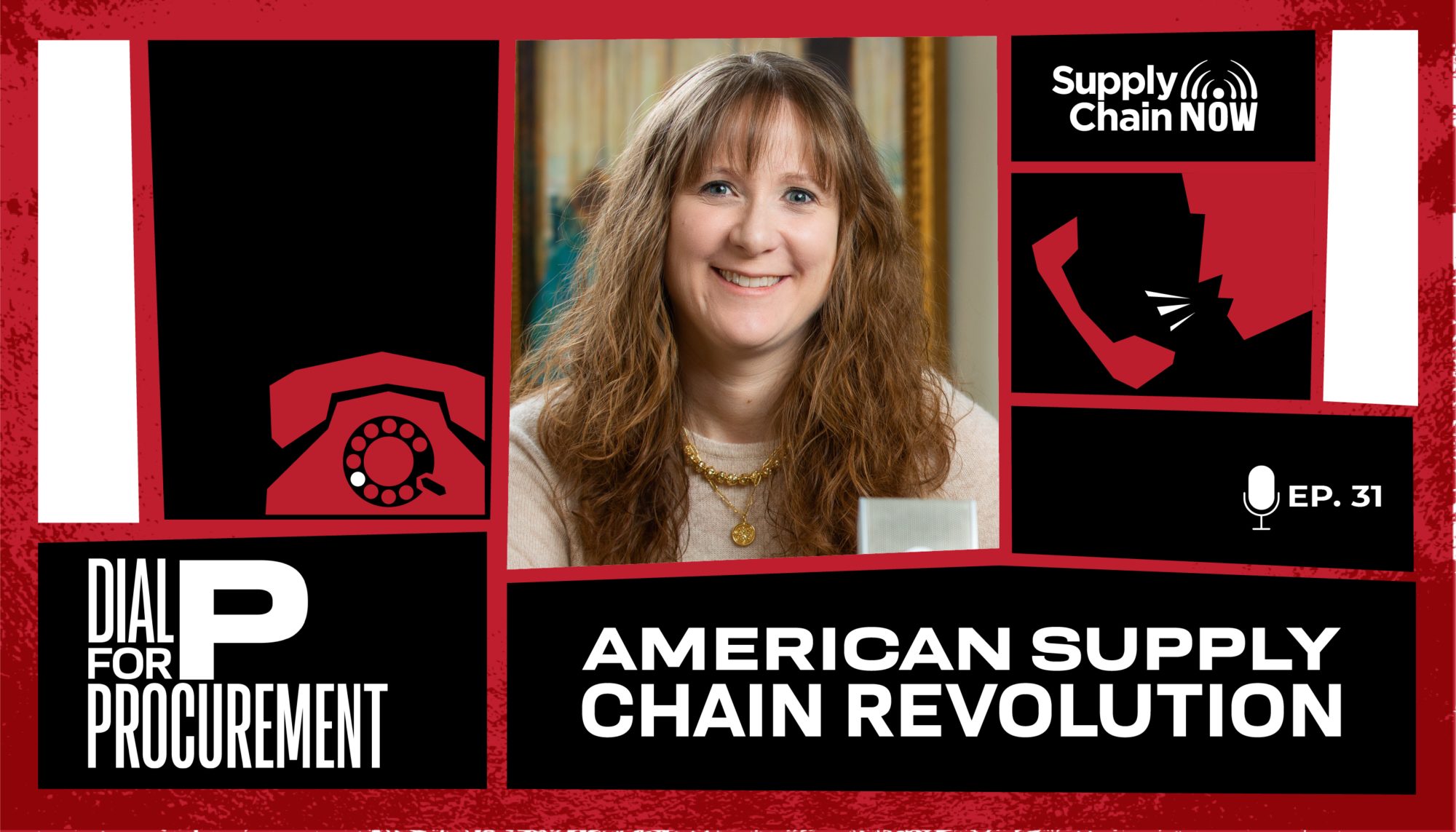
When in the Course of human events, it becomes necessary for one people to dissolve the political bands which have connected them with another, and to assume among the powers of the earth, the separate and equal station to which the Laws of Nature and of Nature's God entitle them, a decent respect to the opinions of mankind requires that they should declare the causes which impel them to the separation.
-Declaration of Independence
Episode Summary
“When in the Course of human events, it becomes necessary for one people to dissolve the political bands which have connected them with another, and to assume among the powers of the earth, the separate and equal station to which the Laws of Nature and of Nature’s God entitle them, a decent respect to the opinions of mankind requires that they should declare the causes which impel them to the separation.”
-Declaration of Independence
It would be easy to think of supply chains as a purely modern phenomenon. We think about Global logistics networks that leverage digital platforms using AI and predictive analytics and provide real time monitoring of package locations and conditions. It is absolutely amazing what is possible today – despite the challenges that persist.
But the concept of global supply chains goes as far back as the spice trade and silk roads to and through Asia in 2000 BC. And the expression, “follow the money” – well that dates back as old as mankind as well, and business motivations, or at least financial ones, underpin many of the major moments in human history.
In this week’s Dial P audio podcast, Kelly Barner looks at the many ways that supply chain and procurement turned the tide of history by helping the American colonists best the most spectacular fighting force in the world, the British Army, to found our own country.
– In response to the Navigation Acts and the Mercantilist System
– In the language included in the Declaration of Independence
– And in the very clever strategies deployed by General George Washington to make the British think he had more men than he really did
Episode Transcript
Intro/Outro (00:01):
Welcome to dial P for procurement, a show focused on today’s biggest spin supplier and contract management related business opportunities. Dial P investigates, the nuanced and constantly evolving boundary of the procurement supply chain divide with a broadcast of engaged executives, providers, and thought leaders give us an hour and we’ll provide you with a new perspective on supply chain value. And now it’s time to dial P for procurement.
Kelly Barner (00:31):
It would be easy, especially today to think of supply chains as a purely modern phenomenon. We have these unbelievably extended global logistics networks. We have digital platforms that use AI, cognitive technologies and predictive analytics, and we have real time monitoring of package locations and conditions. It is unbelievable what we’re able to do today, but the concept of supply chains goes as far back as the spice trade and silk roads that ran two and through Asia, as far back as 2000 BC and the expression follow the money. Well that’s as old as mankind as well and business motivations, or at least financial ones, underpin many of the major moments in human history. Since this is week of July 4th, I’d like to share a couple of ways that procurement and supply chain may have just turned the tide of history by helping the American colonists best, the most spectacular fighting force in the world, the British army in order to found our own country.
Kelly Barner (01:49):
But before I do that, let me introduce myself. I’m Kelly Barner. I am the owner of buyer’s meeting point. I’m a partner at art of procurement, and I am your host for I P for procurement here on supply chain. Now I’m constantly scanning the news for interesting complex, surprising articles we can discuss. And of course, to see what we can learn from them. I share a new podcast episode or an interview every Thursday. So be on the lookout for future episodes. And of course, don’t forget to check out our past episodes as well. Now, before I get back to today’s topic, I have a quick favor to ask. We are building out DW. P’s independent following on social media. So if you enjoy today’s episode, give us a review, share some stars, repost the episode, even just alike. We’ll take it. I’m mostly grateful for your interest and attention.
Kelly Barner (02:49):
So thank you for being an engaged part of my listening audience. All right, where was I? Every year on July 4th, the United States of America stops to remember and celebrate. We mark the 1776 signing of the declaration of independence. Now some parts of this historical document have been completely burned into our national consciousness. There’s that golden color of the aged parchment with the dark ink on it. There’s that big, beautiful John Hancock down at the bottom. And of course the national defining statement, we hold these truths to be self-evident that all men are created equal, that they are endowed by their creator with certain unalienable rights that among these are life, Liberty, and the pursuit of happiness. I don’t know how many of you regularly read the declaration of independence, but beyond the well known beautiful visionary opening, it’s actually a list of compliance or claims against the crown or repeated injuries and use of patients.
Kelly Barner (04:09):
As a matter of fact, most of us aren’t as familiar with those, as we are say, the Liber is protected by the bill of rights, but these claims they’re important. They are the why behind our country. And we talk about identifying the why in business all the time. Now, everything from acquisitions to sustainability, supplier diversity or new cost structures, and go to market strategies, understanding that why is absolutely critical now buried deep in the declaration of independence on that list of injuries presented in what was effectively the open letter of its time offered to the world in justification of the colonies history altering step. There’s a really critical quote. It says for cutting off our trade with all parts of the world. And there it is. The supply chain right there in the middle of the declaration of independence. Part of civic self-governance was the natural desire to thrive financially on the world stage as an equal player, not a source of raw materials.
Kelly Barner (05:31):
Now the declaration was offered in response to, you know, taxation without representation, but bigger picture. It was also a response to the mercantile system, which was the prevailing economic model of the day. The colonies were saying loud and clear that they didn’t want to continue to be a raw material, outpost supporting a far away nation state. They wanted to be a player in their own right, choose their own supply partners, choose their own customers, set their own prices and rules in the late 18th century. Great Britain’s whole economy was based on the Mekinist system. They were able to maintain a favorable trade balance with all of their colonies by restricting each colony’s ability to trade with other nations and other colonies. And that trade was restricted in both directions by and sell or supply and demand if you prefer. So the colonies were effectively a captive market.
Kelly Barner (06:39):
They were reliant upon great Britain for certain supplies, most manufactured goods, and they were the sole authorized international customer of any goods or raw materials they might produce. In addition to establishing restrictive trade policies. The me system also limited the American colonies production of raw materials. So it was sort of like a forced vertical integration. All of the raw materials produced by the colonies had to be sent to great Britain, even if they could get a better price for them by trading with France or Spain or the Netherlands. It governed trade between the individual British colonies. So for instance, the American sent fish grain and lumber to the west Indies in exchange for sugar, molasses and RO some of which stayed in the colonies. And some of which went back to Britain. All of these constraints naturally led to a fair amount of smuggling by the colonies, which as a procurement professional, I would call an early in systemic example of Maverick or rogue spend.
Kelly Barner (07:51):
Now we can also see the motivating power of supply chain potential even 100 years before the declaration of independence was signed for that, we have to look back to the navigation acts past in 1651. And then again, in 1660, the navigation acts were all about promoting the self-efficiency of the British empire. Unfortunately they did. So with the expense of their colonies, the navigation acts mandated that the colonies could only trade with great Britain, that they could only export their goods on British or colonist owned ships, and that they had to pay duties to the king on any goods that were not imported from great Britain. The acts long predated revolutionary rumblings in the American colonies, but through a policy referred to as salutary neglect, they were actually largely unforced before 1763. I think parliament had this idea that if they kind of left the colonies alone, it would not only allow them to flourish.
Kelly Barner (09:01):
It would give them less of a reason to push back. They should have thought again in an act of supremely, lousy timing and terrible judgment, great Britain started enforcing the navigation acts just as the American economy was reaching a point of maturity like a startup, just about to hit the tipping point. That’s when they came in and started enforcing the navigation acts. Now I’m sure the timing is no coincidence. If left a law incidents, if left alone, the American colonies were simply going to continue to get stronger and stronger and more economically independent. In fact, it probably wasn’t going to be too long before they were gonna start representing a source of competition to British manufacturers. All the navigation acts did not have a significant economic impact on businesses and households in the colonies. They were severely resented. They were followed by the sugar and stamp acts, which increased the taxes owed on goods, imported from great Britain and mostly made things worse.
Kelly Barner (10:11):
The net effect of all this was felt most keenly by the colonial business leaders who were also understandably the most politically active. In fact of the 56 founding fathers, 13 of them were also merchants in the decades following the declaration of independence, manufacturing, left households and took its root in the first American factories, cotton mills, iron mills, and textile factories began to spring up in cities all over the east coast. Many of them in Lowell, Massachusetts, not that far from where I live the United States of America was on their way to expanding beyond raw material production to the manufacturer and global trade of finished goods. Generally speaking, the colonies were one of the most strategic suppliers. If we can call them that in the British commercial supply chain, when tensions started to rise because the British were exacting more in trade in taxes, then the colonists felt they received in return.
Kelly Barner (11:19):
Tensions naturally hit a boiling point, and that brings us to the revolutionary war itself. And the connections between that and procurement and supply chain as Napoleon bone apart is famous for pointing out an army marches on its belly. George Washington’s army could only stand as long as he could procure enough supplies to feed flies, to feed cloth and house it. In fact, most people are very familiar with that terrible, horrible, hard winter at valley forge. There enough shoes, there wasn’t enough food, the clothing and the shelter that the continental army had were certainly not up to the challenge of a harsh cold Pennsylvania winter. Now, somehow he did manage to scrape through and keep most of his army intact and we can see some supply relationship tensions evident in that as well. The residents of New Jersey and Pennsylvania had had about enough of the treatment they’d been receiving from the British call.
Kelly Barner (12:24):
It a poor customer experience in modern terms. And so sort of in retaliation, they were doing what they could to help the continental army survive. They were bringing in supplies where they could, they were sending in textiles where they could. In fact, in procurement terms, the British had simply over exercised their leverage. They were no longer a trading partner of choice for the American colonies for large merchants and for individual consumers and producers. One of my very favorite revolutionary procurement stories actually involves a bit of intrigue and mystery. If you think about it, generally speaking, the odds were pretty much always against general George Washington. This guy did not have an easy job, but he was clever. He had spy rings. He had all kinds of code that was being run to communicate and procurement and supply chain had an opportunity to play a role in that he had army procurement officers make false purchase documents.
Kelly Barner (13:34):
He actually used fake purchase orders to order enormous quantities of supplies in places where he knew they would be intercepted by the British those documents. As long as they were taken at face value, went a long way towards convincing the British that there were a whole lot more people. I should say. Men fighting in the continental army in those camps than were really there. He even had fake military facilities built to reinforce this notion that the amount of meat and supplies and stocks that were being ordered were justified by the number of American soldiers, ready to push back. Once the spring came, he actually managed to convince the British that his actual 3000 man army outside of Philadelphia was made up of 40,000 men. Now today, the difference in demand size of a PO for meet to feed 3000 men and a PO to feed 40,000 men would make most procurement professionals faint where they stand.
Kelly Barner (14:45):
But back then it went into reinforcing all of the espionage that was going on to misdirect and misinformed. I actually like to think that Washington recognized the importance of procurement to his operation, and clearly the British did too. Or these tactics wouldn’t have worked. George Washington leveraged the British arm’s demand per man expectations to mislead them about his troops size and location. If he had been a CEO, you can be sure that his chief procurement officer and chief supply chain officer would not have had to fight for a seat at that executive table. Today’s American supply chain managers and procurement professionals are the intellectual and operational descendants of American revolutionaries who understood the importance of fighting for a vibrant global supply chain. They clearly understood that it wasn’t just about freedoms. Their fledgling nation would not succeed if it could not also be commercially vibrant. Now some amount of that would be able to be sustained by the people and the skills and the raw materials and the agriculture that existed within the colonies already.
Kelly Barner (16:07):
But given how far the rest of the world had come in terms of manufacturing and production or pockets of supplies that the United States didn’t have the ability to create for themselves. They understood that they wanted to be able to trade internationally. And as a result, free trade was positioned in that declaration of independence as being just as important as the right to a fair trial and the consent of the tax, the work of procurement and supply chain professionals continues to make the world go around just as it did in 1776 in America and beyond now, one last note, I’m incredibly grateful that in the many years, since the declaration of independence was signed, our relationship with then great Britain and now the United Kingdom has vastly improved. None of the work that we do today would be the same. If we couldn’t work side by side with our British colleagues and partners, procurement and supply chain played much more of a role in the American revolutionary war, then most people probably realize, and that’s our legacy.
Kelly Barner (17:25):
Now I’m sure many other countries and revolutions in the world have similar stories. So as you think about the roots of movements that existed hundreds of years ago, or if you look at the operational roots of movements, just starting today, look for procurement, look for supply chain, anywhere that humans are trying to thrive. I promise you will find both. Now. That’s my point of view. Of course, everywhere I look, I see evidence of procurement teams and supply chain operations at work. And I always take notice, thank you for joining me for this. Look back in time at some old procurement and old supply chains and this opportunity to celebrate how they’ve brought us to where we are today. I appreciate you listening in to this episode of dial P for procurement. But as I always ask, please, don’t let this be a one way conversation.
Kelly Barner (18:27):
I don’t want you to just listen, find me on social media, join the conversation and let me know what you think, where in the world today, whether it’s Ukraine, whether it’s central America, whether it’s back and forth from north America to China, where do you see connections between procurement supply chain and humankind? Let’s study it and work together to improve supply chains everywhere and use them to find the solutions to modern challenges until next time. I’m your host Kelly Barner here on supply chain. Now I wish you a great rest of your day. And of course, a very happy 4th of July.
Intro/Outro (19:13):
Thank you for joining us for this episode of dial P four procurement and for being an active part of the supply chain now community, please check out all of our shows and events@supplychainnow.com. Make sure you follow dial P four procurement on LinkedIn, Twitter, and Facebook to catch all the latest programming details. We’ll see you soon for the next episode of dial P four procurement.
